With multi-industry experience, we help MNC leaders and teams leverage their Strengths to enhance collaboration, build high-performing teams, and drive a culture of growth.



Strengths-Driven Leadership & Development
With multi-industry experience, we help progressive MNC leaders and teams leverage their Strengths to build high-performing teams, and drive a culture of growth.
We work with clients from:
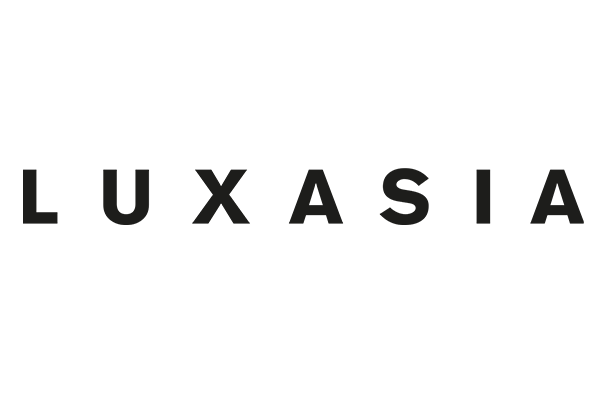

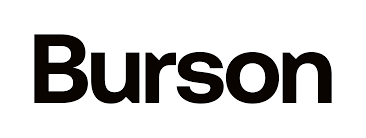
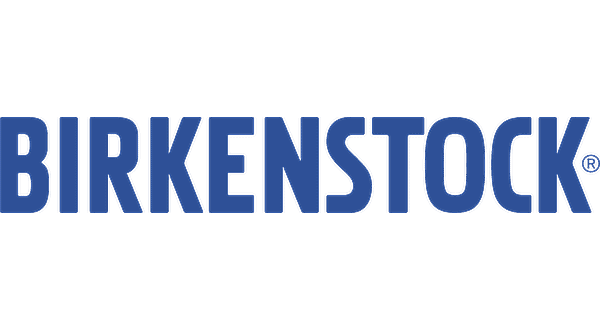



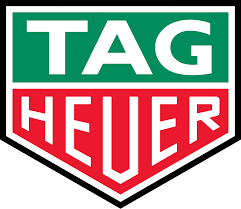



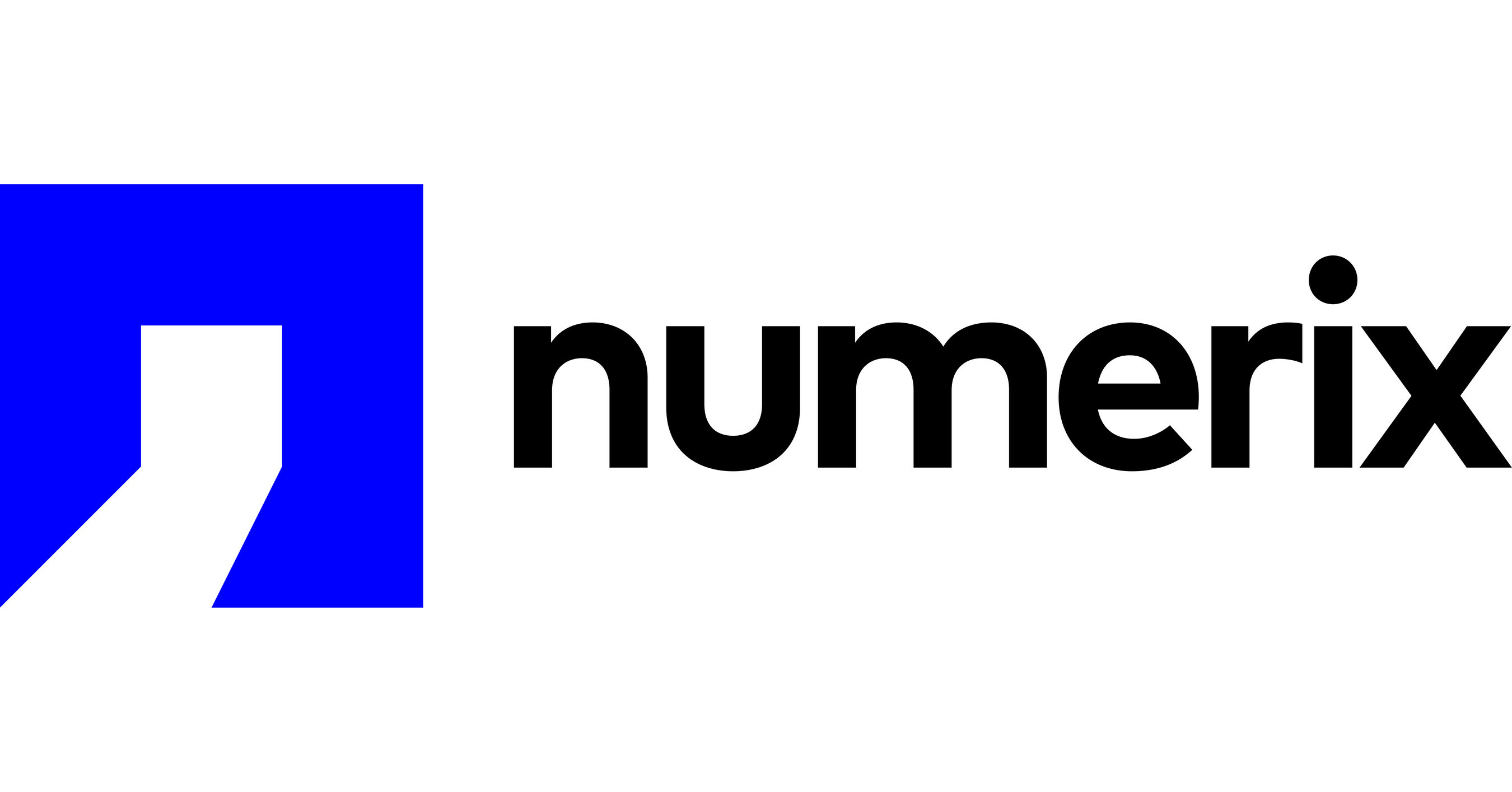
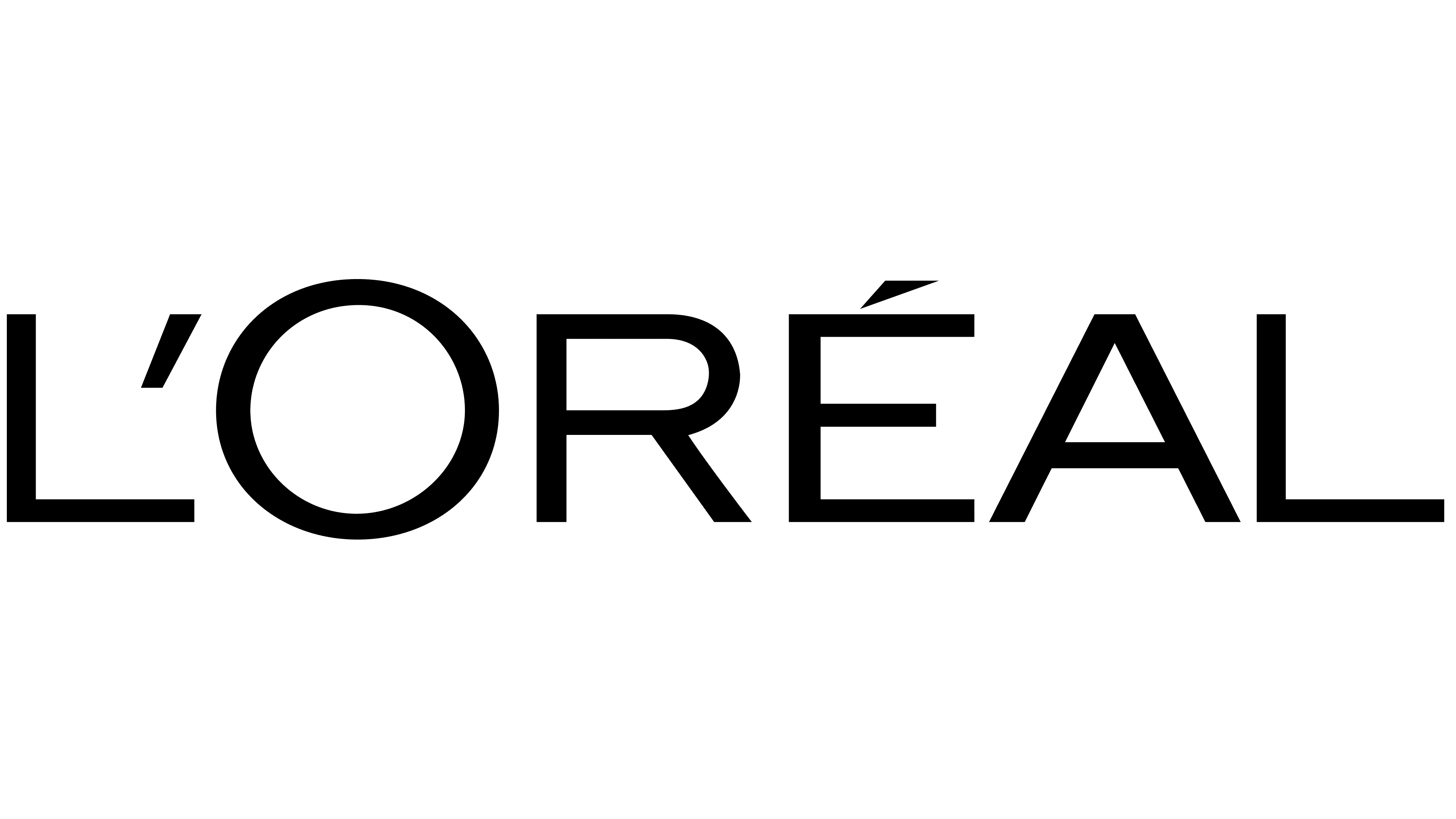











Instinctive, Empowering, Adventurous
Illuminating, Transforming, Elevating
The Wild & Wise Difference
With over 20 years of global corporate experience in business, marketing and communications across multi-industries, we help MNC leaders, teams, creators, artists leverage their strengths, to build performing teams and grow their business.
Through designing tailored programmes and leveraging CliftonStrengths®, we help clients build high-performing teams, enhance leadership capabilities, and foster a culture of growth.
Business Expertise
We understand business performance goals and challenges and leverage that to help elevate leaders, individuals and team performance.
Certified Coaching Expertise
We combine multi-industry experience powered by certified coaching expertise: Gallup Certified CliftonStrengths® Coach, ICF ACC Coach, Mental Wellness Coach. ALCP Certified Coach.
Tailored Programmes Leveraging Strengths
We design tailored programmes and leverage a Strengths-based philosophy (CliftonStrengths®) to deliver engaging workshop experiences and coaching sessions to fit your individual or team needs, ensuring the most impactful outcomes.
Insights & Strategies for Growth
Explore expert advice, actionable tips, and inspiring stories to unlock your potential and achieve personal and professional success.
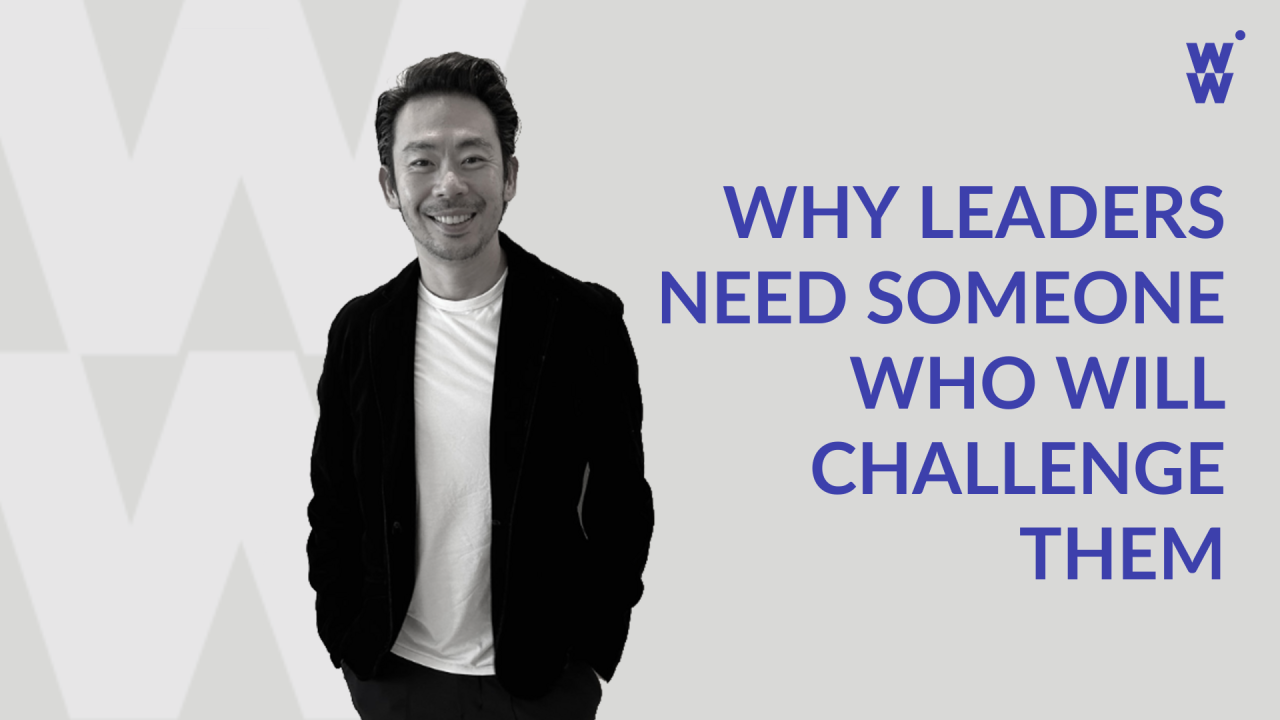
Why Leaders Need Someone Who Will Challenge Them
The more senior you become, the more people agree with you, the less useful the conversations can get.
I just ended a meeting with another client and my phone rang.
In a calm steady voice, my client, a senior APAC leader in a global company, on the other end of the phone greeted me: "Hey Gerald, Happy New Year! Are you available tomorrow at 4pm?"
I replied in my usual casual chilled tone: "Happy New Year! What's up?"
"I need to bounce a few thoughts with you before I fly off to New York for a meeting with the global management team."
I replied: "I fly out tomorrow for another trip. How about today 4pm? I'll need to make a call to move an appointment around." (Thankfully I had a meeting with a friend who would understand!)
"Done. See you later."
This happened just last week. A senior APAC leader reached out before flying to New York for a critical meeting with their global leadership team.
We met at the client's office. We spent two hours in honest, robust conversation. We unpacked the proposal, the approach, the messaging, we spoke about the people in the room, the 'political' landscape and cultural dynamics.
Thankfully, I've ran a few leadership and Strengths workshops with the global team over the past 9 months and I knew the people on the leadership team and the overall business construct and progress.
I listened. We debated. We challenged each other to strengthen the thinking.
We challenged each other further. We disagreed with a smile.
Throughout the conversation, it was all positive energy.
By the end, the thinking was sharper, the choices clearer, and the intent more deliberate.
I walked away energised because I know how rare that space is.
At senior levels, there are very few places where you can be open and stretched. You’re expected to have answers, project certainty, and deliver, all while navigating increasing complexity.
This is why trusted advisors and executive leadership partners matter.
To help you see what you might be missing. To sharpen judgment before the moment matters.
Not to validate your thinking, but to challenge it.
Not to agree, but to help you see what you might be missing.
Not to rehearse slides, but to sharpen judgment before the moment matters.
I run leadership programs and workshops, and I love that work. But these one-to-one leadership conversations are just as meaningful to me.
Because this is where leadership really happens long before the meeting room.
If you’ve ever sat in that seat, you’ll know how valuable the right thinking partner truly is.
Every leader or manager needs a neutral, experienced, trusted thinking partner. That is what makes a difference every time you step into the boardroom.
If you don't have one, I would encourage you to find one.
No man and woman is an island.
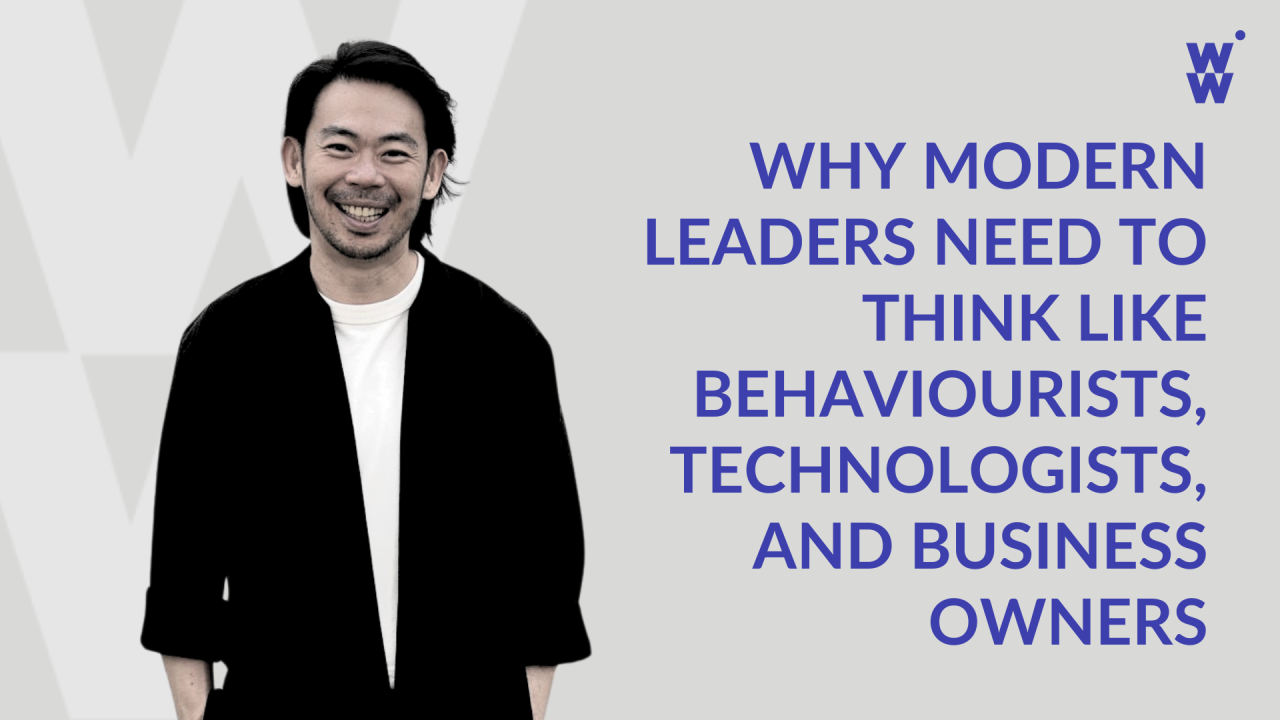
Why Modern Leaders Need To Think Like Behaviourists, Technologists, and Business Owners
I didn't jump on the 2016 trend but it got me curious.
I scrolled through my photo gallery, reminded myself though I've aged through the years, how much I've grown. I also reminded me how much I miss my yellow lab 'Macy' who is no longer with us.
I then stumbled upon a picture I took, I'm guessing during my time as Global Digital Leader at GE (General Electric) probably at a planning session or a conference where I was speaking at.
My main message was this: "Every marketer needs to think and behave like a Behaviourist, a Technologist and a Business Owner" - Gerald Ang (2016)
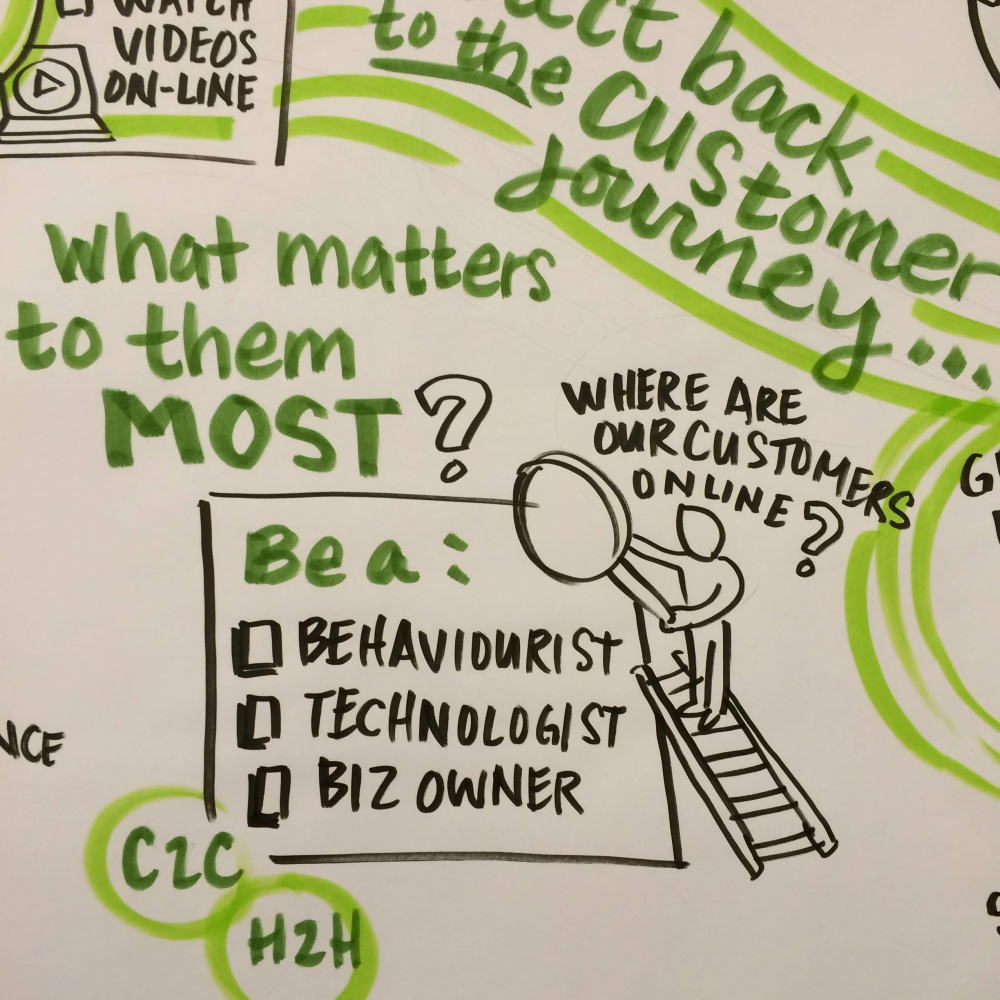
These three pillars still stand today and perhaps even more so with AI and the way things are changing in organisations.
In the past, leadership success could be explained by expertise and experience. Today’s leaders operate in systems defined by speed, ambiguity, and constant reinvention.
In this environment, performance no longer depends on what leaders know, but on how well they understand human behaviour, technology, and economic reality working in one simultaneous cycle.
The Behaviourist
Leaders who think like behaviourists understand that incentives, norms, emotions, and identity drive outcomes more than plans. They understand people. Their strengths, the culture (“how we do things around here”), and individuals with their own aspirations and lives beyond work.
Culture is not values written on a wall or some 'corporate guidebook'. We’ve all seen leaders point to those values and still struggle to translate them into action.
Leaders who understand behaviour design environments where the right behaviours are clearly exemplified, consistently encouraged, and deliberately nurtured.
This is how culture translates into performance.
The Technologist
Leaders who think like technologists understand that technology is no longer a support function. It will eventually shape behaviour, how work gets done and how decisions are made.
Leaders don’t need to understand all the platforms and tools but what leaders need is the ability to understand the impact and provide solid judgment.
They understand how tools—especially AI—change speed, accountability, and decision quality. They are clear about what should be automated and where human thinking still matters. The leverage technology and redefine what the human tasks should look like.
Through technology, a savvy leader understands that higher value human tasks are what we should strive for as we 'out source' lower value human tasks which used to be done my humans are now done by machines.
Leaders need to remember that technology reshapes behaviour and power inside organisations.
The Business Owner
Leaders who think like business owners understand that headcount and resources are investments, not entitlements. In tighter environments, the real question is understanding “What can we deliver with what we already have?”
Entrepreneurs and business owners operate under constraint by default. They simplify problems, reuse capability creatively, and focus on outcomes rather than roles. Creating roles creates layers so this should critically assessed before it is even raised in the organisation. This forces clarity, sharper priorities, and faster decisions.
Leaders with this mindset stop treating headcount as the first solution.
They redesign work, question assumptions, and look for leverage before asking for more. This isn’t about doing more with less, it’s about doing the right work with discipline.
In the years ahead, leaders who can think like owners inside organisations will outperform those who simply ask for more resources.
With a business owner mindset, constraint becomes advantage.
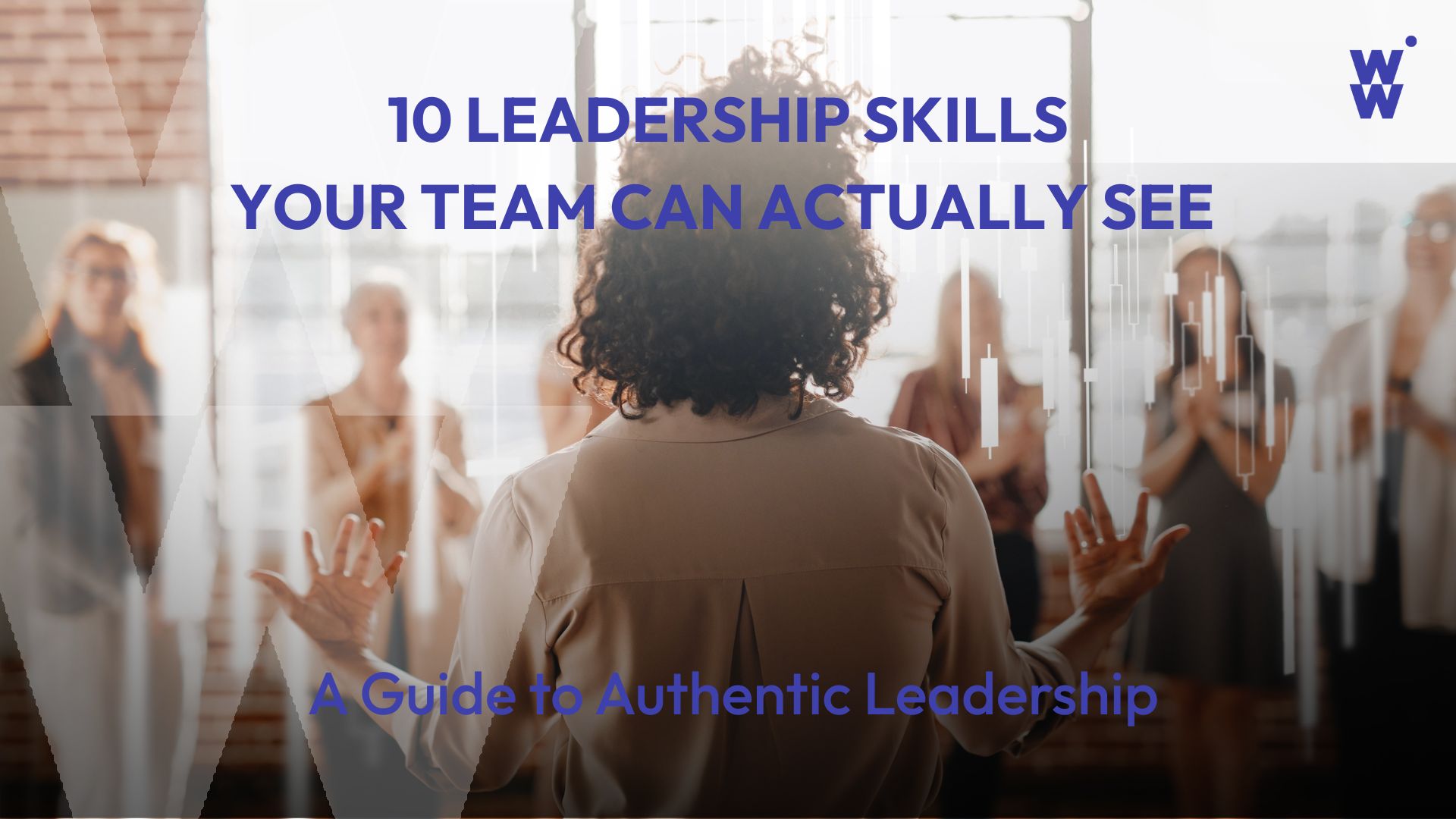
10 Leadership Skills Your Team Can Actually See: A Guide to Authentic Leadership
Leadership isn't about having the biggest title or the corner office. It's about the daily actions your team notices and the trust you build over time. Great leaders leave clear signs that anyone can read, and these signs determine whether people want to follow them or just tolerate them.
1. True Leaders Serve First
Real leadership is about service. Your job as a leader is to support your team's success by providing clarity, coaching them through challenges, and helping solve problems. When you remove obstacles and share your experience, you're not just managing—you're serving.
2. Focus on People Before Tasks
Yes, projects need to get done. But your primary role as a leader is to grow people, not just check boxes on a to-do list. When you invest in developing your team members, you're building a stronger organisation for the long run. Tasks will always be there, but people need your attention to grow.
3. Hire Right Before You Train
Before spending thousands on training programmes, ask yourself: Did we hire someone who actually wants to lead? Do they have the emotional maturity to guide others? The best training in the world can't fix a poor hiring decision. Choose people with leadership potential from the start.
4. Care Like You Mean It
Your team knows when you're faking it. Genuine interest in their careers, goals, and even their lives outside work builds real trust. When people feel truly cared for, their confidence grows, their loyalty deepens, and their motivation soars.
5. Listen with Empathy
Don't just hear words but understand the context, feelings, and truth behind what your team is telling you. Empathetic listening creates psychological safety, which means people will share their real ideas, concerns, and creativity instead of just telling you what they think you want to hear.
6. Be Transparent (No Gatekeeping)
Share information openly with your team. Obviously, some things must stay confidential, but transparency about company direction, challenges, and decisions reduces stress and confusion. When people understand the bigger picture, they make better decisions and feel more connected to the mission.
7. Take the Blame, Share the Credit
When things go wrong, step up and own it completely. When things go right, shine the spotlight on your team. This isn't just good manners, it's smart leadership. People will walk through walls for leaders who protect them when times are tough and celebrate them when times are good.
8. Create Psychological Safety
Can your team speak the truth without fear? Can they ask hard questions? Can they disagree with you without worrying about consequences? When people feel safe, they innovate, take smart risks, and bring their full creativity to work. Fear kills innovation. Safety fuels it.
9. Use People's Strengths
Everyone on your team is good at something. Your job is to figure out what that is and give them opportunities to use those strengths. “Don't force a bird to swim and a fish to fly.” When people work in their zone of genius, everyone wins.
10. Spend Quality Time with Your Team
Leadership takes time, and there's no shortcut. Spend real, focused time learning what energises each person, what challenges they face, and what they value most.
These 10 skills aren't theory
They're the practical, daily behaviours that separate good leaders from great ones. They're about mindset, strategy, and emotional intelligence combined.
The good news? These skills can be learned and developed with the right approach. Whether you're already in a leadership role or preparing for one, building these habits starts with understanding your natural strengths and how to leverage them effectively. When leaders work from their strengths rather than against them, development feels less like fixing weaknesses and more like unleashing potential to thrive in any situation.
Ready to lead with authenticity? The leaders your team actually wants to follow don't try to be someone they're not—they discover what makes them uniquely effective and build from there. Every leader has a different combination of natural talents. The key is knowing yours and using them intentionally.
Take our leadership quiz to discover your unique style: https://www.wildnwise.co/leadership-strengths-quiz

What is a Leadership Mindset? Can Good Leaders Really Be Made?
"Leaders aren't born, they are made. And they are made just like anything else, through hard work" - Vince Lombardi
Broadly, a leadership mindset refers to the way of thinking necessary to be a good leader. For someone to become a good leader, they need to be more than just competent at their work; they must also possess well-rounded thinking and skills.
Why Leadership Mindset Matters
Leadership mindset isn't just important for executives or team leaders. ‘It's something that benefits team members as well. ’
As a leader, a leadership mindset enables you to see your team's weaknesses, strengths, and potential. It allows you to delegate work intelligently, match people to the right tasks, and guide your team toward their goals.
As a team member, a leadership mindset helps you work to your full capacity, understand team dynamics, and motivates you to develop and improve yourself.
Building a leadership mindset within your team isn't about making everyone compete to be a leader. It's about empowering every team member, which elevates performance and strengthens teamwork.
Characteristics of Leadership Mindset
Having a leadership mindset means possessing a set of skills and working methods that not only drive the organisation forward but also value and inspire team members.
The key characteristics of leadership:
1. Self-Awareness
A leadership mindset isn't just about leading team members. It's about understanding your own weaknesses and strengths to perform your leadership role at its best. We can think of self-awareness as looking in a mirror and evaluating yourself in various areas, such as planning, communication, or collaboration with others.
2. Visionary Perspective
A good leader creates a clear vision for the team and helps motivate the team to achieve goals together. Having vision doesn't just mean moving the team forward, which also includes being aware of and prepared to handle problems or changes that may arise.
However, having vision should go hand in hand with solution-oriented problem-solving that focuses on finding effective solutions rather than dwelling on problems.
3. Trust
Trust is a crucial characteristic of a leadership mindset because good leaders create opportunities for team members to work at full capacity. That is, believing in the potential of and trusting team members. When you, as a leader, have trust in your team members and are ready to support them when they need it, team members will also trust you as their leader.
4. Effective Communication
One skill of a good leader is effective communication. We know well that communication is the heart of smooth operations. Effective organisational communication isn't about holding frequent meetings. It's about creating an open space for everyone on the team to have opportunities to talk, update, and exchange ideas. Good organisational communication happens when leaders understand its importance and care about building a strong communication culture.
5. Leading by Example
Another important characteristic of a leadership mindset is understanding your role as a leader to your team members. Leaders set standards that directly impact their followers.
For example, if a leader doesn't care about being on time for meetings, team members might question why they should be on time. Therefore, leading by example is an essential leadership skill.
Leaders must be not just 'good at work,' but fundamentally 'good with people.'
The journey to developing a robust leadership mindset starts with understanding where you are today.
Curious about your leadership style? Take the quiz to discover your leadership strengths: https://www.wildnwise.co/leadership-strengths-quiz
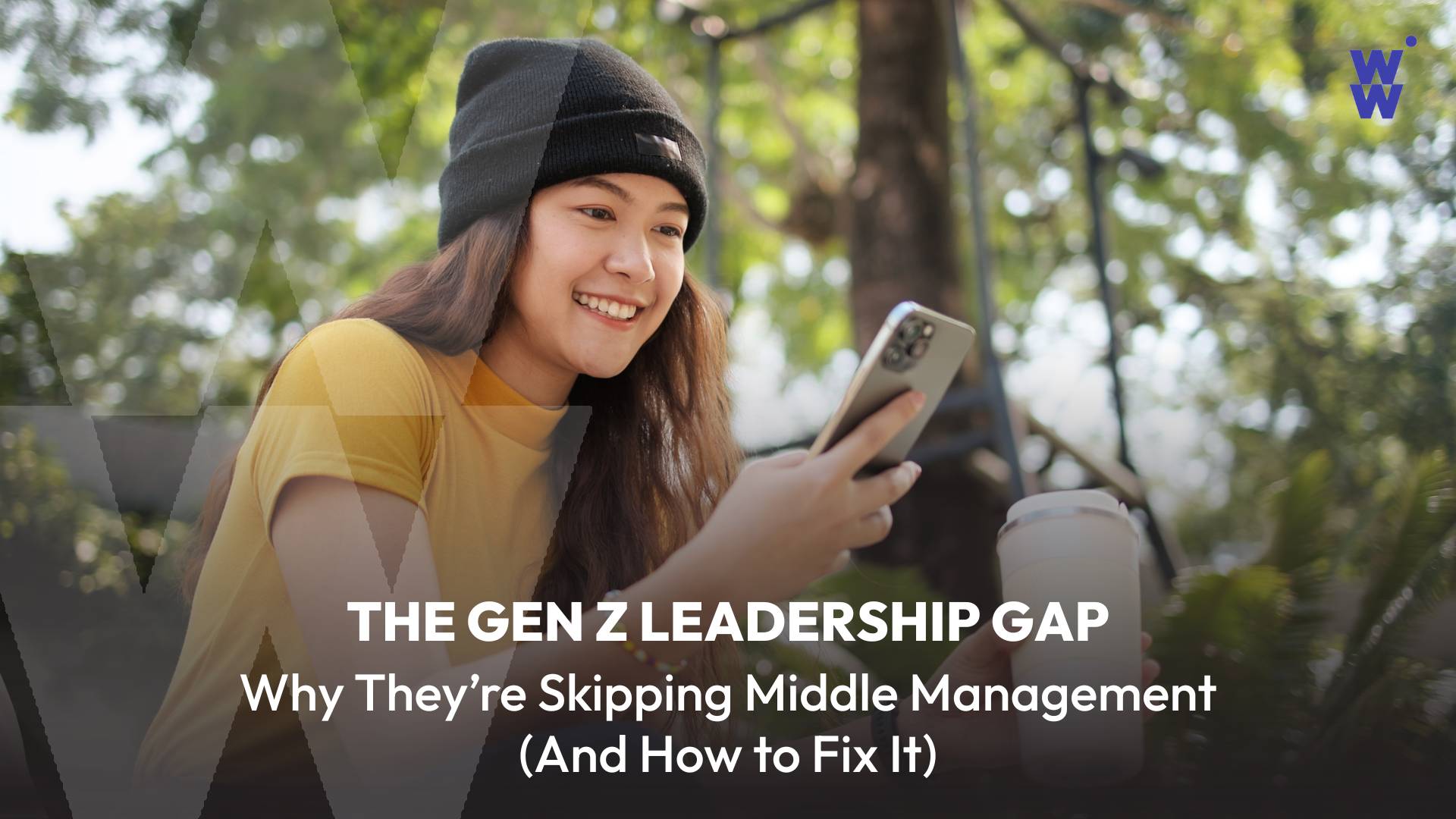
The Gen Z Leadership Gap: Why They’re Skipping Middle Management
Today, nearly 52% of Gen Z professionals are actively avoiding middle management roles, viewing them as "high stress, low reward," according to the London-based talent firm Robert Walters.
Why They’re Saying ‘No’ to the Manager Track
Gen Z is deeply sceptical, and for good reason. They watched previous generations sacrifice everything for the career ladder, only to face burnout, layoffs, and economic uncertainty. Their core objection is clear: Why should I trade my mental health and work-life balance for a manager title that offers neither security nor proportionate compensation? Crucially, it’s not that they dislike leading; they dislike the traditional definition of the manager role: a single person expected to be good at everything while bearing all the risk.
How CliftonStrengths Makes Leadership Worth Aspiring To
This is where a framework like CliftonStrengths steps in. It helps us redesign the leadership role to be sustainable, authentic, and genuinely rewarding, directly addressing Gen Z's concerns.
1. Authentic Leadership Through Self-Awareness
CliftonStrengths gives professionals the language to understand how they naturally think, influence, and build relationships. With 34 natural talent themes, it empowers emerging leaders to have self-awareness and craft a management style that is authentic, not forced. For instance, a young professional strong in Strategy can lead by providing vision, while someone with Empathy can lead by developing team members. This approach allows them to bring their genuine self to the role, which increases satisfaction and dramatically reduces the sense of "friction" that leads to burnout.
Curious about your leadership style, take the quiz https://www.wildnwise.co/leadership-strengths-quiz
2. Less Stress, More Success
The "high stress" complaint often stems from people operating outside their natural talents. When a leader knows and applies their core strengths, they spend time on tasks that energise them rather than drain them. This shift from struggling to thriving directly counters the "high stress, low reward" perception, ensuring leaders achieve more with less personal sacrifice.
3. Distributed Team Leadership
Gen Z values collaboration over hierarchy. Strengths actively promote the idea of shared accountability through complementary partnerships. Instead of one middle manager being expected to handle strategy, coaching, budgets, and conflict resolution single-handedly, strengths data allows responsibilities to be shared across a team based on who has the best talent for the task. This creates a preview of leadership that is collaborative, not crushing.
An Invitation to Evolve
Gen Z's hesitation isn't a problem we just 'manage' away. It's a genuine invitation to evolve what leadership means profoundly. The companies that succeed here won't just rebrand the old manager's job. They will offer genuine structural change: autonomy, meaningful impact, purpose, and a clear demonstration that leadership will enhance, not diminish, their quality of life. By making leadership more personal and sustainable, we can rebuild a talent pipeline that a sceptical, but highly talented, generation is excited to join.
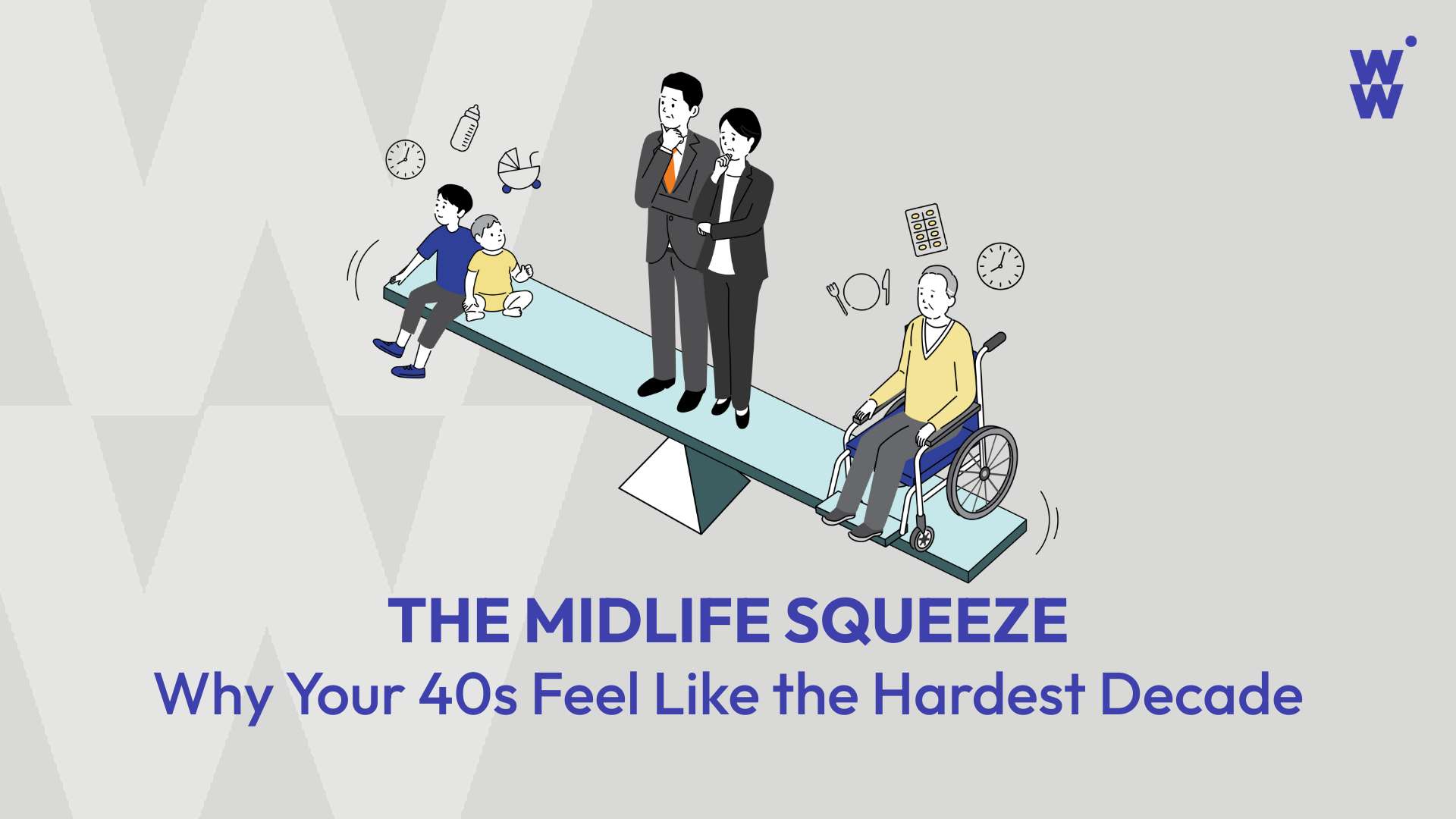
The Midlife Squeeze: Why Your 40s Feel Like the Hardest Decade
For many, the 40s arrive with a unique kind of pressure, a relentless tightening from all directions that often leaves individuals feeling more "squeezed" than at any other point in their lives. The "midlife squeeze" is a phenomenon born from a confluence of escalating responsibilities and diminishing personal bandwidth.
1. The Sandwich Generation: Many individuals in their 40s find themselves simultaneously caring for ageing parents and raising their own children. This "sandwich generation" dynamic creates an immense emotional, financial, and logistical burden. The energy required to navigate doctor's appointments for a parent while also attending school events for a child can be truly exhausting.
2. Career Crossroads & Peak Performance Pressure: Professionally, the 40s are often a time of peak performance pressure. There's an expectation to be at the top of your game, leading teams, hitting ambitious targets, and continuously demonstrating growth. Simultaneously, the awareness of career plateaus or the desire for a significant change can spark intense self-reflection and anxiety about the future.
3. Financial Strain: Juggling mortgages, college savings, retirement planning, and potential healthcare costs for both generations can create significant financial stress. The weight of these monetary responsibilities often feels heaviest in this decade.
4. Identity Shifts & Existential Questions: Beyond the external pressures, the 40s also bring a profound period of internal re-evaluation. The dreams of youth are confronted with the realities of life, leading to questions about purpose, legacy, and personal fulfilment. It's a time when many individuals confront their own mortality and the limitations of time, prompting a desire to live more authentically or make significant changes.
5. Physical Changes & Health Concerns: The body often starts sending different signals in the 40s. Metabolism slows, aches and pains become more common, and health concerns that felt abstract in earlier decades can become very real. This can impact energy levels, self-esteem, and overall outlook.
It’s no wonder, then, that many describe their 40s as a relentless treadmill, constantly striving to keep all the plates spinning without dropping any.
Leaning into Your Strengths for a Better 40s
In the midst of this overwhelming decade, understanding your CliftonStrengths (StrengthsFinder) can be a powerful tool for navigating the pressures, minimising burnout, and finding renewed purpose. CliftonStrengths identifies your unique talents, grouping them into 34 themes, and helps you understand how you naturally think, feel, and behave. When you lean into your strengths, tasks become less draining, and you find more joy and efficiency in your efforts.
The 40s will always be a challenging decade due to the inherent demands. However, by understanding and intentionally applying your CliftonStrengths, you can transform the experience from one of constant struggle to one of empowered navigation.
- Identify Your Top 5: If you haven't already, take the CliftonStrengths assessment to pinpoint your dominant themes.
- Reflect on the Squeeze: Consider which specific pressures of the 40s are weighing on you most heavily.
- Strategise with Your Strengths: How can you intentionally use your top strengths to address these challenges? For example, if you have a high Arranger, can you use that to better coordinate family schedules? If you have Woo, can you leverage it to build supportive networks?
- Communicate Your Needs: Understanding your strengths also helps you articulate what you need from others. If you thrive on Context, you might need more background information before making big decisions.
- Find Your Energy Sources: When you operate in your strengths, you don't just perform better; you also feel more energised and fulfilled. Prioritise activities that allow you to engage your talents, providing a much-needed antidote to the drain of the squeeze.
The midlife squeeze is real, but it doesn't have to break you. By consciously applying the power of your CliftonStrengths, you can make the critical shift from midlife crisis to midlife pivot. You can not only survive your 40s but truly thrive, turning a decade of pressure into a period of profound growth and purposeful living.
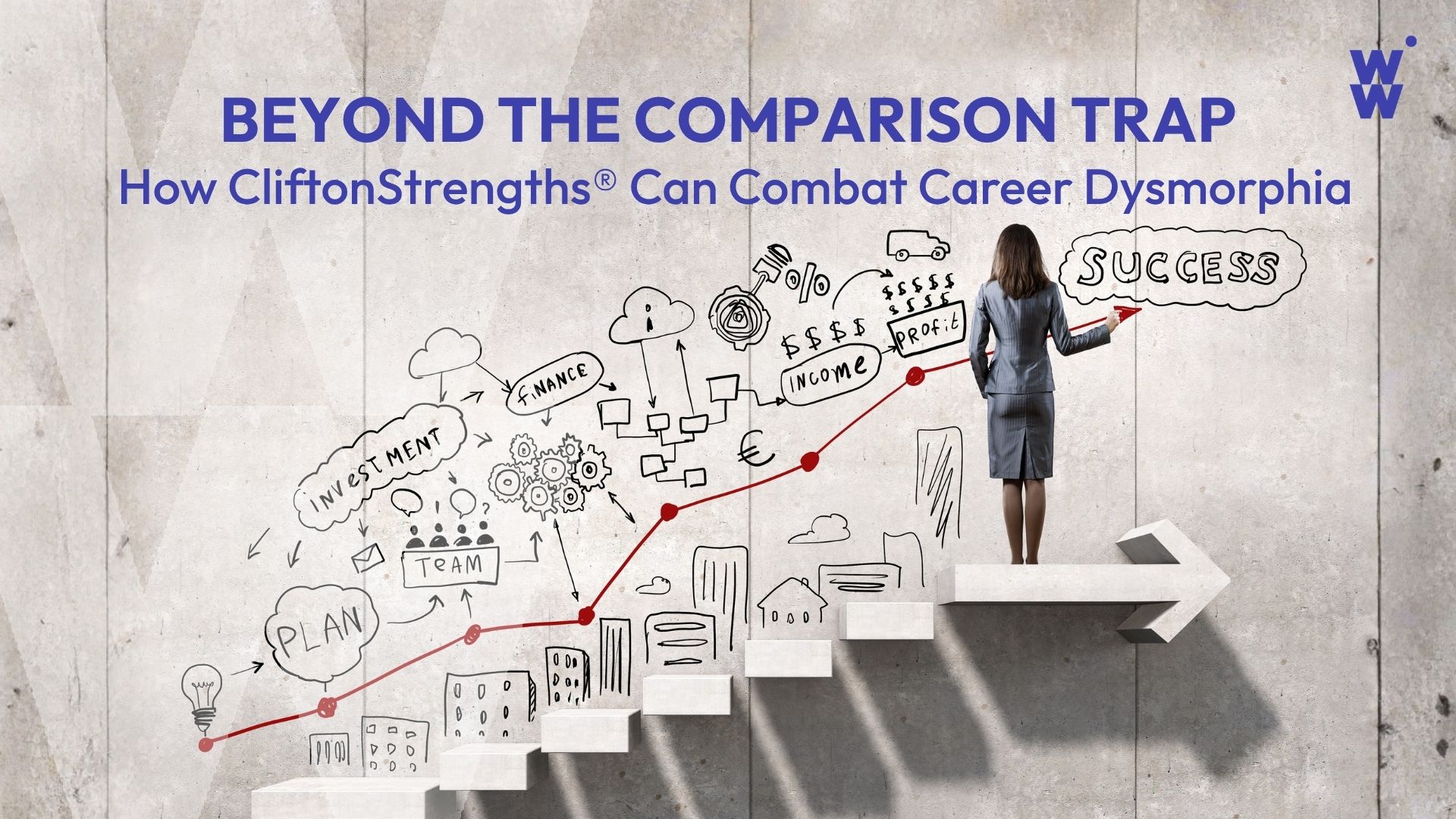
How CliftonStrengths® Can Combat Career Dysmorphia
In the age of hyper-curated online success stories, a silent affliction is taking root: Career Dysmorphia. At its core, it is a cognitive mindset distortion that causes a pervasive feeling of professional inadequacy, making individuals perceive their career progress as flawed, insufficient, or "behind" compared to their peers. Fueled by relentless social comparison and the pressure of "hustle culture," it leads to self-sabotage, minimising real achievements, and a chronic sense of being an imposter. To shift focus from this discouraging comparison game to genuine self-worth, a strengths-based tool like CliftonStrengths® offers a powerful antidote.
The Anatomy of Career Dysmorphia
Career dysmorphia often manifests through several signs:
- Constant Comparison: You frequently check LinkedIn or social media, feeling an immediate pang of failure when reading about a peer's new title, award, or venture.
- Minimising Success: You dismiss your promotions, raises, or successful projects as "luck" or "not a big deal."
- Stagnation Anxiety: You feel your career is stalled, even when you have made measurable progress.
- Imposter Phenomenon: You fear being "found out" as a fraud, despite holding a respectable position.
This mindset is exhausting and ultimately limits potential. It encourages individuals to chase other people's definitions of success, often leading them down career paths that feel inauthentic or draining.
The CliftonStrengths® Antidote: Redefining "Success" Internally
The core premise of CliftonStrengths® is that you are most effective, engaged, and fulfilled when you invest in what you naturally do best, your DNA talents. It identifies your unique patterns of thinking, feeling, and behaving and categorises them into 34 distinct themes, providing a personalised map of your potential.
Here is how focusing on your top CliftonStrengths® themes can help dismantle the mental traps of career dysmorphia:
1. Shifts Focus from Flaw to Flow
Career dysmorphia forces you to focus on perceived weaknesses—the skills you don't have or the achievements you haven't matched. CliftonStrengths® flips the script. By articulating your Top 5 (or 34) themes, the assessment gives you a positive, unique, and actionable vocabulary for your innate capabilities.
- Example: Instead of feeling shame because you aren't an aggressive Achiever like a colleague (dysmorphia), you realise you have high Relator and Empathy. This reframe shows your success lies in building deep, trust-based client relationships and fostering a supportive team environment—a vital form of professional value.
2. Provides a Personalised Benchmark for Progress
Comparison is destructive because it uses an external, universal standard of success that ignores individuality. CliftonStrengths® helps you establish an internal standard of success.
- Impact: Knowing your strengths helps you ask, "Am I using my Input theme to continuously learn and share valuable knowledge?" or "Am I leveraging my Woo (Winning Others Over) to build new networks?" When your daily work aligns with your natural talents, you experience moments of "flow," which become a tangible, internally validated measure of a successful day, regardless of external titles or bonuses.
3. Transforms "How" You Work, Not Just "What"
CliftonStrengths® does not dictate a single career path, but rather the manner in which you approach any role. This is crucial for career dysmorphia, as often the struggle isn't the job itself, but the feeling that you are forced to work against your nature.
- Application: If a job requires high-level planning, someone with high Maximiser might focus on perfecting the best possible plan, while someone with high Activator might focus on getting the plan launched quickly and making improvements along the way. Both succeed, but they succeed authentically. Understanding this "how" allows you to stop trying to emulate a colleague and instead find your most efficient, enjoyable, and sustainable path to success.
Moving Forward: From Comparison to Contribution
To leverage CliftonStrengths® against career dysmorphia, take these steps:
- Know Your Talents: Take the assessment and deeply study your reports. Recognise the power in your unique combination of themes.
- Name Your Contributions: Use the language of your strengths to articulate your value in performance reviews, interviews, and internal team meetings. This helps solidify your internal belief in your professional worth.
- Find Your "Best Day": Intentionally seek out tasks, projects, and environments where you can actively employ your top strengths. When you feel a sense of ease, excellence, and enjoyment, you are operating from your strengths—this is the real measure of success.
By prioritising an authentic, strengths-based approach, you replace the destructive mirror of comparison with a lens of clarity and purpose. Career dysmorphia thrives on external metrics; your strengths thrive on internal truth. By committing to the latter, you can finally move beyond feeling perpetually "behind" and embrace the powerful professional you already are.
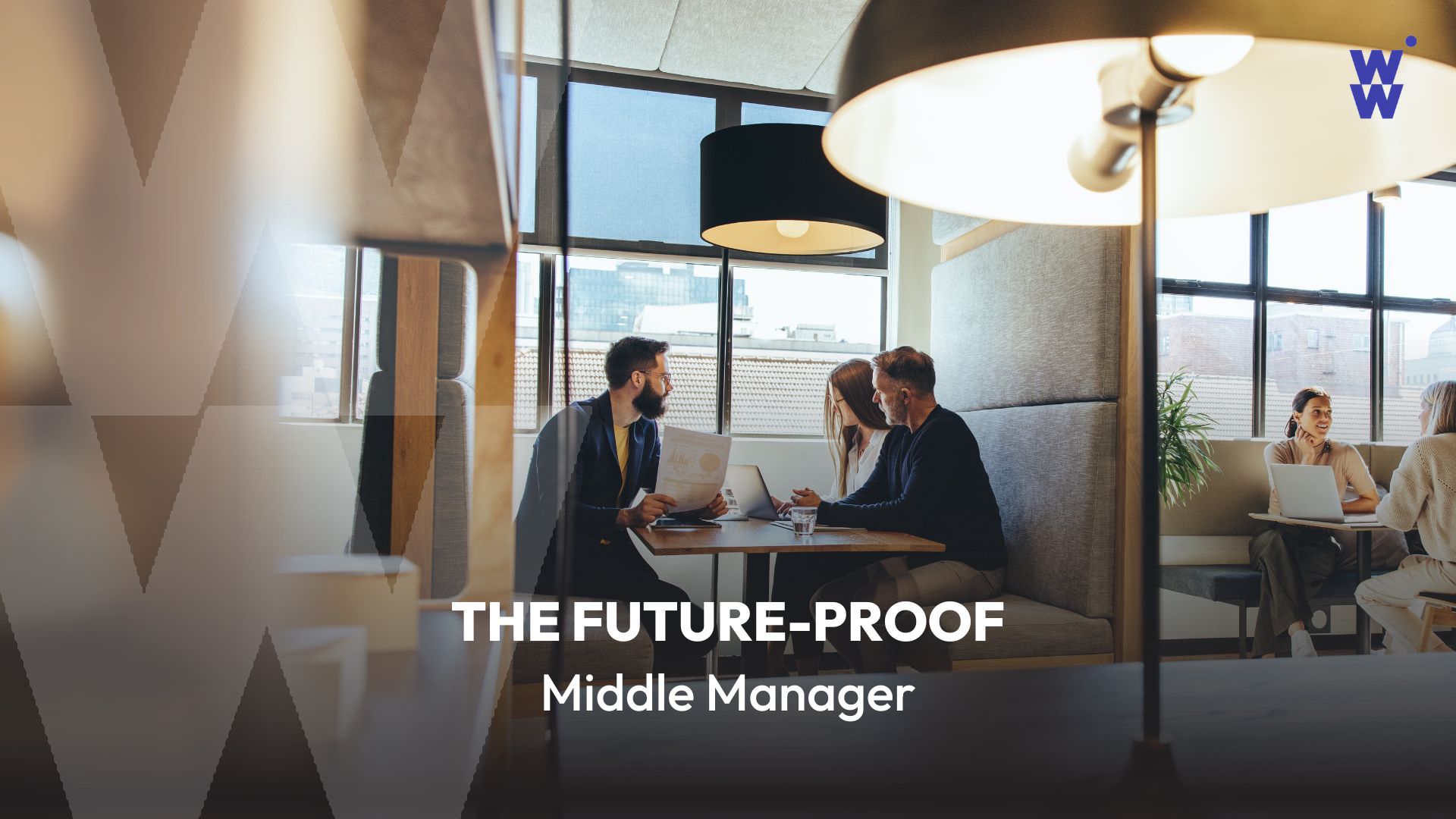
The Future-Proof Middle Manager
For years, the future of middle management has been in question. But while some have speculated about its end, the numbers tell a different story. Since 1983, the proportion of middle managers has actually grown, now making up 13% of the U.S. labour force. Yet, the warnings persist. With AI poised to automate many tasks, and reports of managerial roles being cut, it’s worth asking: what does it take to be an effective middle manager today and in the future?
The answer lies in a fundamental shift in the role itself. The modern middle manager serves as a vital bridge between frontline workers and senior leadership. They have direct access to customer insights and are uniquely positioned to translate those needs up the chain of command. Furthermore, they are becoming essential coaches and mentors, helping employees adapt to new technologies and responsibilities. They motivate teams to learn new skills and even guide them in interpreting and working with AI. This new role moves beyond simple oversight to facilitation and capability-building, transforming managers into agents of change.
Essential Skills for the Modern Manager
To succeed in this new landscape, managers must cultivate a diverse set of skills. According to the Indeed Career Guide, core skills include communication, problem-solving, and leadership. However, as technology becomes more integrated, soft skills like empathy, emotional intelligence, and creativity are becoming increasingly critical to their success. These are the skills that prevent the workplace from becoming a "cyberised" environment and allow managers to act as stewards of their teams' well-being.
A New Approach to Development
Developing these skills requires a deliberate approach from both the individual and the organisation. A framework like CliftonStrengths® can be used to help managers understand their innate talents, such as analytical thinking or relationship building. By identifying and leveraging their personal strengths, managers can enhance their leadership effectiveness and tailor their approach to communication and team development. This method also helps improve team dynamics and creates a shared language for talent within the organisation.
The Need for Upskilling and Re-evaluating
In addition to soft skills, managers must pursue technical upskilling to stay ahead of automation. As AI takes on lower-level problem-solving, managers must focus on higher-order challenges, developing the analytical and strategic skills that complement technology rather than being replaced by it.
Ultimately, companies that want to build a resilient and agile organisation must change how they select and evaluate managers. Rewarding top salespeople with managerial roles, for instance, without assessing their ability to mentor and coordinate, is a mistake. Managerial success must be measured by a manager's contributions to coaching, mentoring, and cross-functional collaboration. By investing in and properly valuing their middle managers, organisations will not only survive but thrive in an era of rapid change.
Curious about your leadership style, take the quiz https://www.wildnwise.co/leadership-strengths-quiz

Upgrade Your Personal Operating System
We're constantly told to "reinvent" ourselves, but what does that really mean? It sounds like a massive, overwhelming task. Instead of a complete overhaul, what if you thought about it like upgrading your personal operating system (OS)?
Just like the software on your phone or computer, you have a personal OS, a set of core beliefs, habits, and values that shape how you navigate the world. For many of us, this is the "out-of-the-box" system we've used since we were young, shaped by our upbringing, friends, and early experiences. It's a default setting, but it might not be the most effective for where you want to go.
Why an Upgrade is Essential
In the fast-paced world of the future of work, where careers and identities are constantly evolving, relying on an outdated OS can hold you back. An upgrade isn't just about learning new skills; it's about making a deliberate choice to examine and improve how you manage your time, attention, and energy.
Think about a prodigy athlete or a musician. They don't just hope for success; they develop a personal OS built on discipline, consistent practice, and a focus on their goals. This system allows them to be deliberate about how they use their resources to achieve what they want. You can do the same.
What to Look at When Upgrading
So, what are the fundamentals of a personal OS upgrade? It's about taking a good look at your current system and identifying what's working and what's not.
- Your Beliefs: Your operating system is built on your beliefs. Do you believe you're not a good leader? Do you believe you're too old to change careers? These stories you tell yourself can be limiting. The first step is to recognise them and decide if they're still serving you. An upgrade starts with changing the narrative in your head.
- Your Strengths: Your personal OS is also shaped by your innate strengths, the things that give you energy and allow you to thrive. Understanding your natural talents helps you work with, not against, your core self. An effective OS allows you to lean into these strengths and recognise when you need to adapt.
- Your Habits and Routines: The daily rituals you follow are the software applications of your OS. Are they helping you achieve your goals, or are they draining your energy? Simple changes, like prioritising sleep or dedicating time to focused work, can have a domino effect on your overall system.
The Goal of Upgrading
The goal isn't to become a different person, but to become a more authentic and effective version of yourself. Upgrading your personal OS is an ongoing process of self-awareness. It's about knowing your limits, understanding what gives you energy, and making purposeful choices.
The best leaders in the world aren't living two separate lives—one for work and one for home. They have one authentic OS built on consistent values. While the reality is that businesses move quickly, and you have to adapt, having a strong personal foundation makes you more resilient and able to navigate change with purpose, rather than just reacting to it.
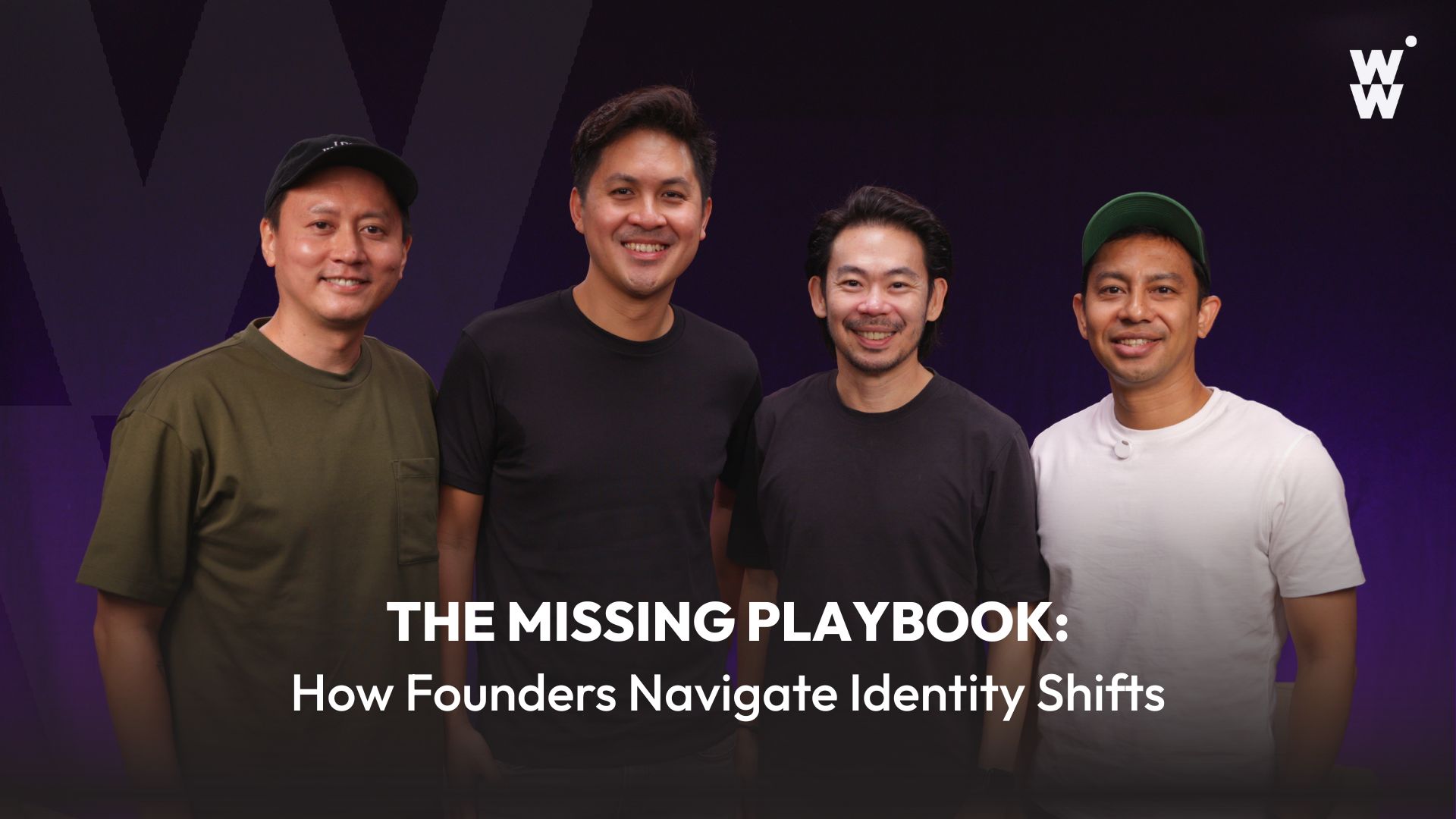
The Missing Playbook: How Founders Navigate Identity Shifts
When Derek stepped down from ViddSee after nearly a decade, people kept asking: "What's next?" He couldn't answer. Not because he lacked ideas, but because he didn't know who he was without the company that had consumed his identity.
"It didn't even feel like just a work identity," Derek told the podcast hosts. "It was a very personal identity that became work. And to be stripped away from that, I was like, Who am I really?"
The Identity Fusion Problem
Derek's story reveals why typical career transition advice fails founders. This wasn't losing a job—it was losing an extension of himself. For years, people had said, "Derek is ViddSee, ViddSee is Derek."
When well-meaning friends advised, "your work is not your identity," Derek found it impossible to accept. "It wasn't work," he explains. "It was my existence there. What I built."
This fusion between founder and company creates unique grief when separation occurs. Unlike other professionals, founders aren't just leaving a role; they're severing from their vision, values, and years of emotional investment.
What Founders Actually Grieve
Derek's experience illuminates the multiple layers of loss:
Loss of Purpose: VidSee represented Derek's mission to empower Asian storytellers. Losing that vehicle meant losing his primary source of meaning.
Loss of Identity: Being known as "ViddSee's founder" shaped how Derek saw himself and how others saw him.
Loss of Structure: The consuming daily rhythm of running a company suddenly vanished, leaving him unmoored.
Loss of Community: Teams, investors, and industry peers formed his primary social network.
Loss of Future Vision: His imagined trajectory—for himself and the company—required complete rebuilding.
Why "Getting Over It" Doesn't Work
Derek initially gave himself a deadline to sort everything out by year's end. When December arrived without resolution, his frustration compounded the sense of being lost.
The breakthrough came when he stopped managing his grief and started feeling it fully. "If you're sad, feel sad. If you're angry, feel angry," he reflects. "Why are we suppressing what we're supposed to feel?"
This meant waking up at 3 AM with anxiety, writing in caps lock when frustrated, and sitting with the full weight of loss. Rather than pathologising these responses, Derek began understanding them as necessary.
The Turning Point
Derek's perspective shifted after watching a simple YouTube video with the message "everything ends." This basic truth helped him contextualise his experience within natural cycles rather than personal failure.
"As much as the founder, building and building and building, you cannot have things end," he explains. "You got stakeholders, you got investors—you can't have things end. So I was never in that psyche or that language."
Rebuilding, Not Rejecting
Friends suggested Derek "throw away" his past and start fresh, but the healthier path involved integration. "There were people around me that were like, no, don't throw away, you rebuild. You stack on top."
This reframe helped Derek see VidSee as one vehicle for deeper values that predated the company and would continue beyond it. His current venture, BE (The Be Company), represents evolution rather than departure—still empowering creators but with expanded scope.
What Actually Helps
Derek's journey reveals what founders need during transition:
Permission to Feel: Explicit support to sit with difficult emotions without timeline pressure.
Protected Time: Derek describes his "adult gap year" as essential for reflection without productivity demands.
Story Sharing: Talking with strangers about his experience helped Derek realise he wasn't alone.
Community: Connecting with others navigating similar transitions provided validation and practical advice.
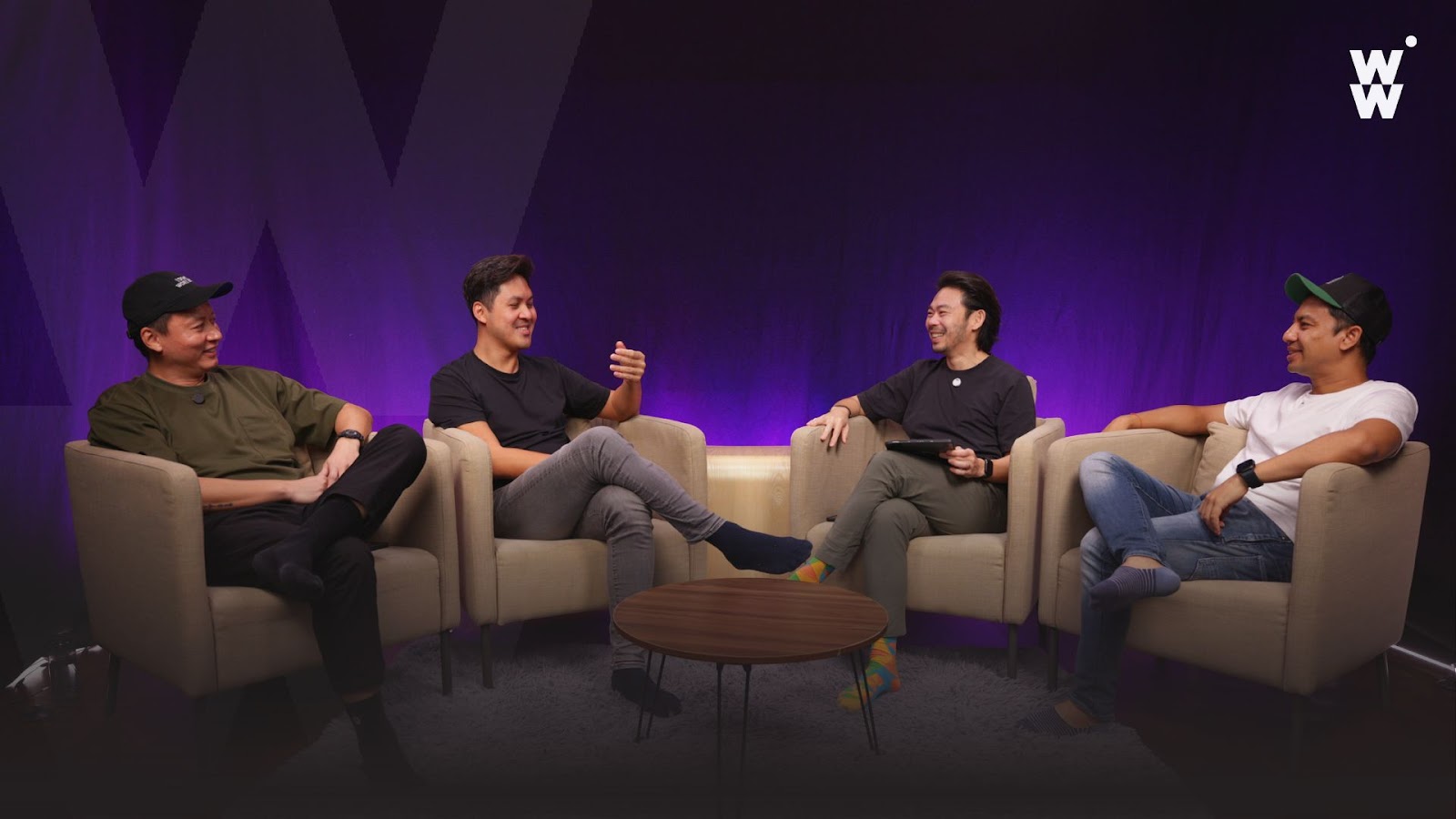
The Hidden Gift
Derek's grief forced examination of patterns he'd ignored during company building—overwork, neglected relationships, leadership blind spots. "If I were to work on myself better, then maybe it could affect how I show up in relationships with co-founders," he reflects.
This self-examination became the foundation for more sustainable approaches in his next venture.
Redefining Success
Rather than measuring how quickly founders bounce back, we might consider:
- Depth of self-understanding
- Quality of rebuilt relationships
- Development of sustainable practices
- Integration of learning into future work
By these measures, Derek's year-long process wasn't delayed—it was a thorough preparation for better leadership.
As Seen On
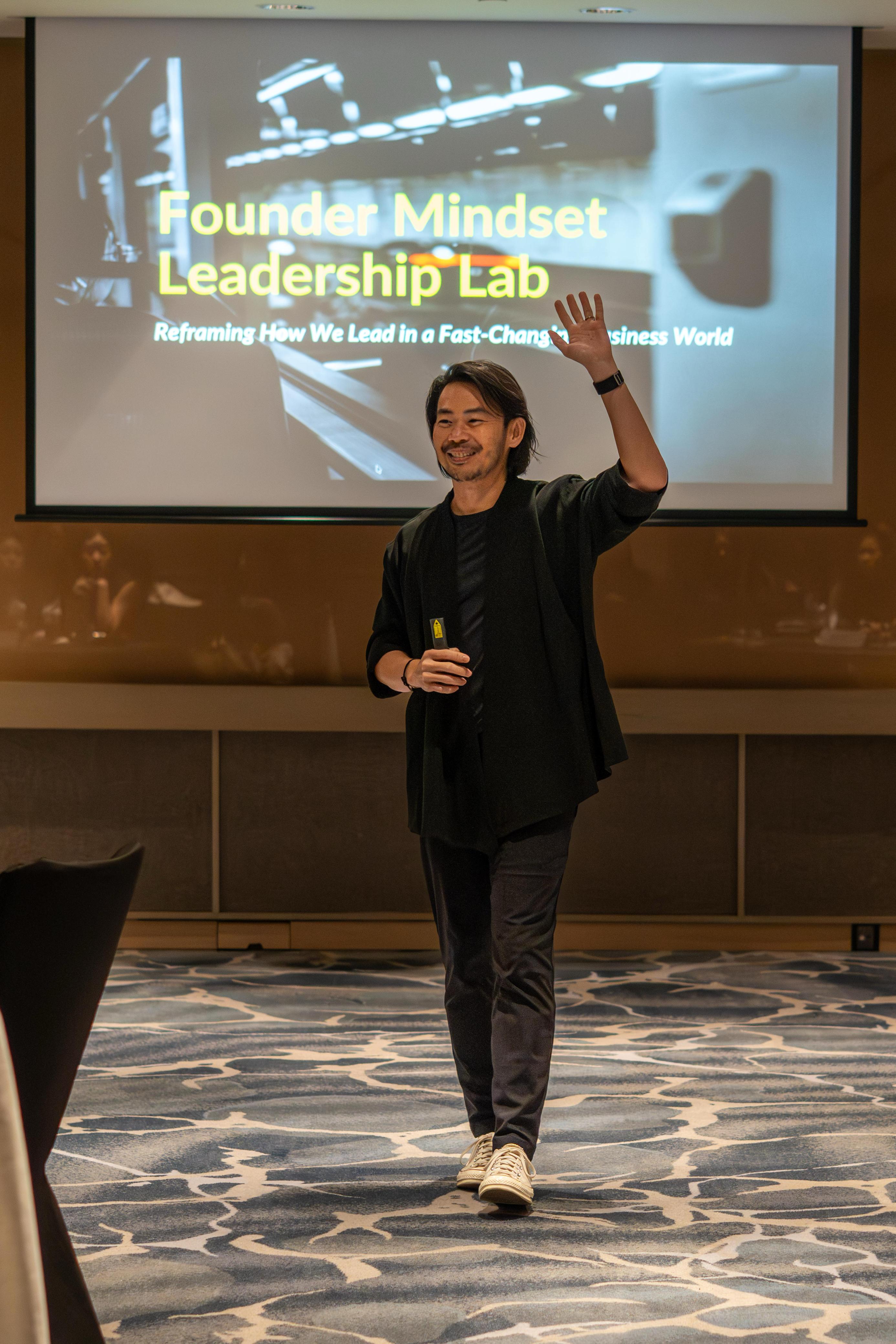
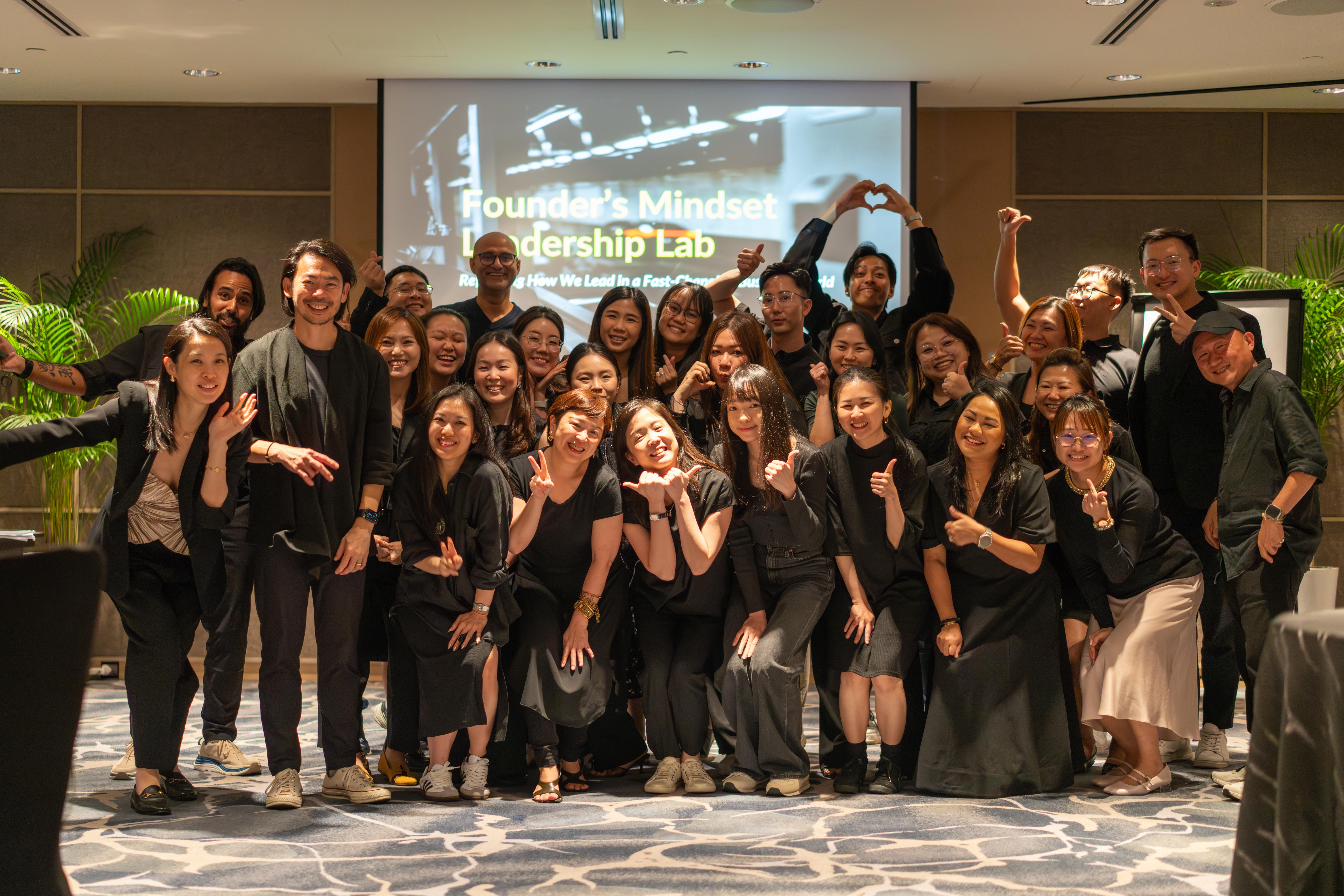

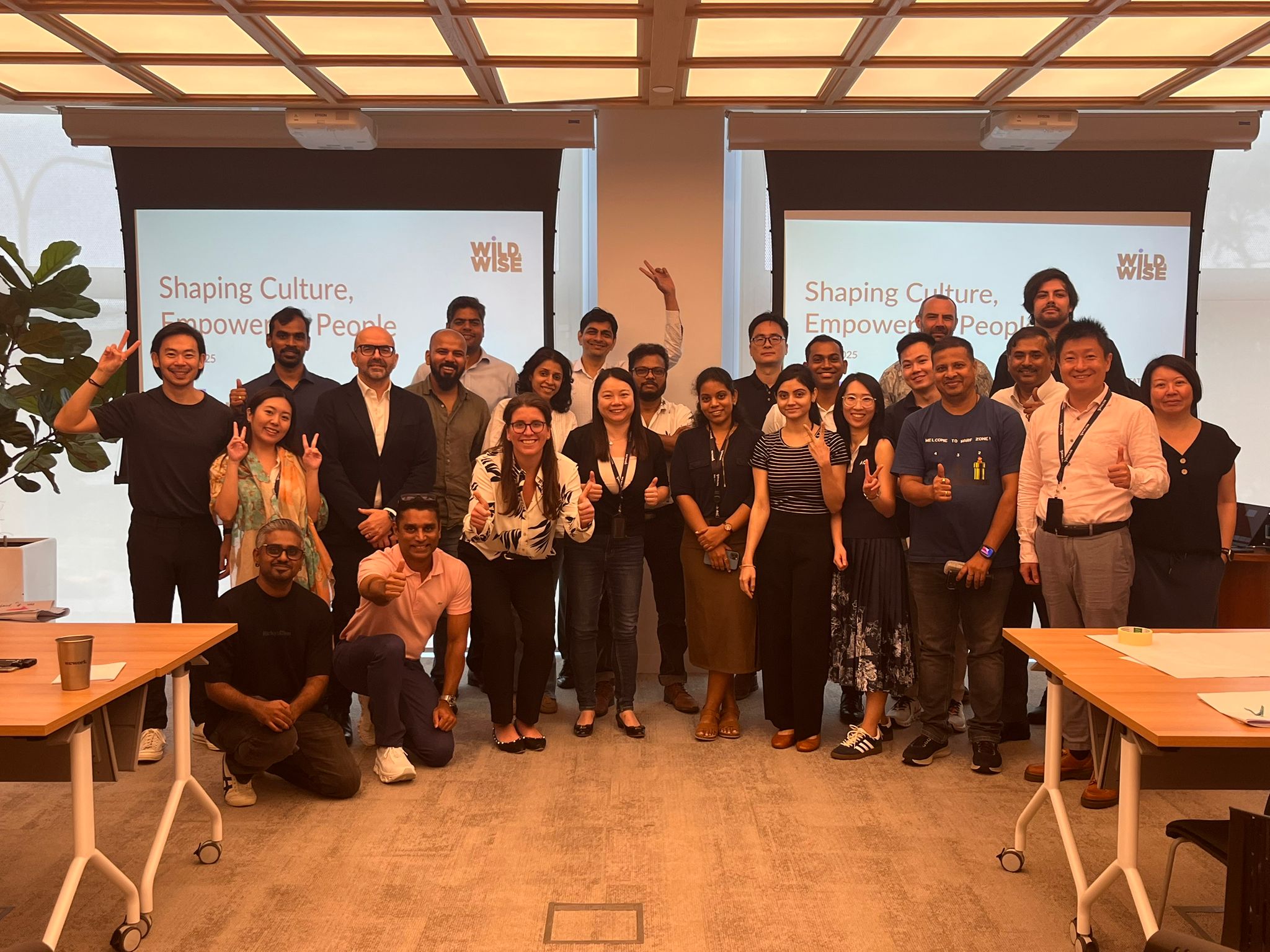
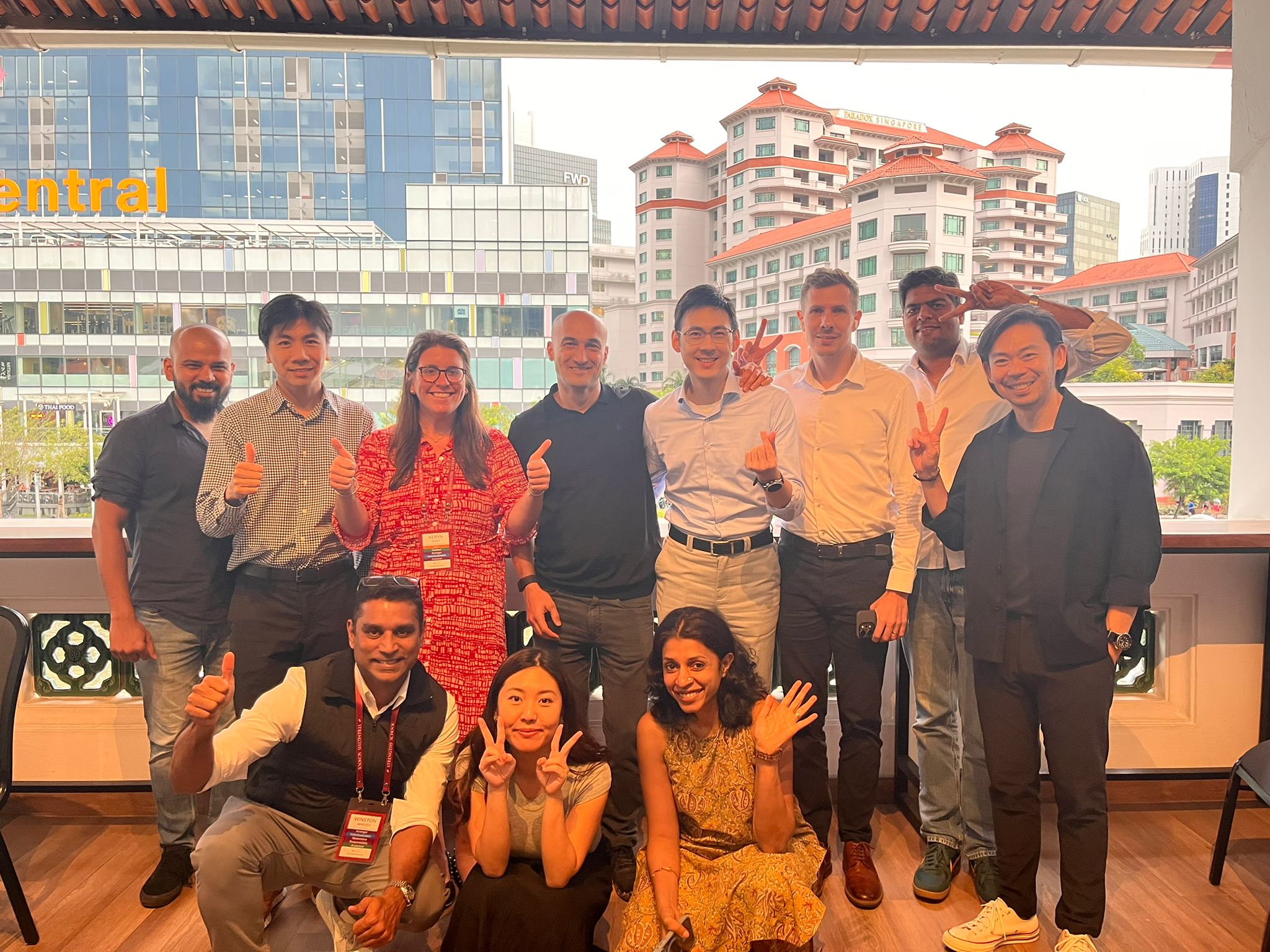
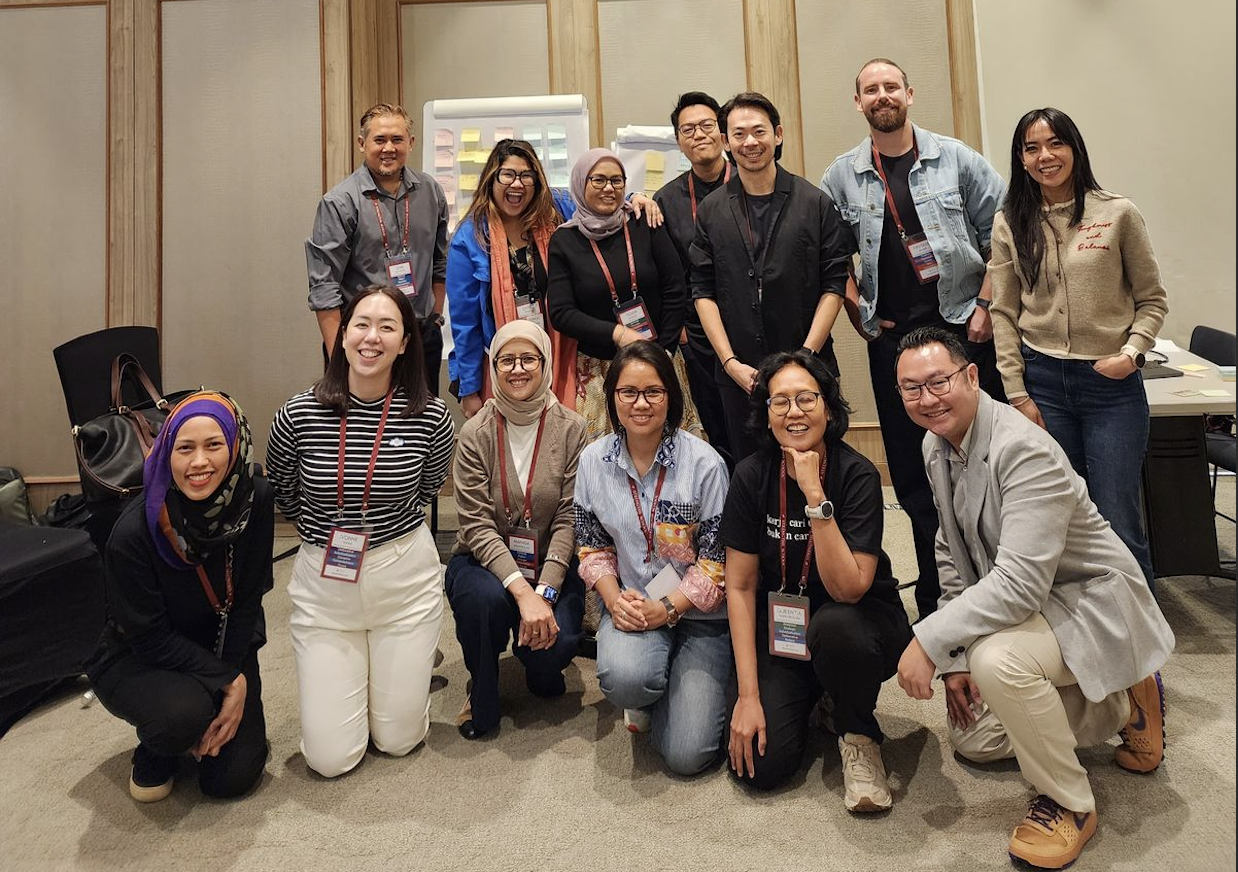
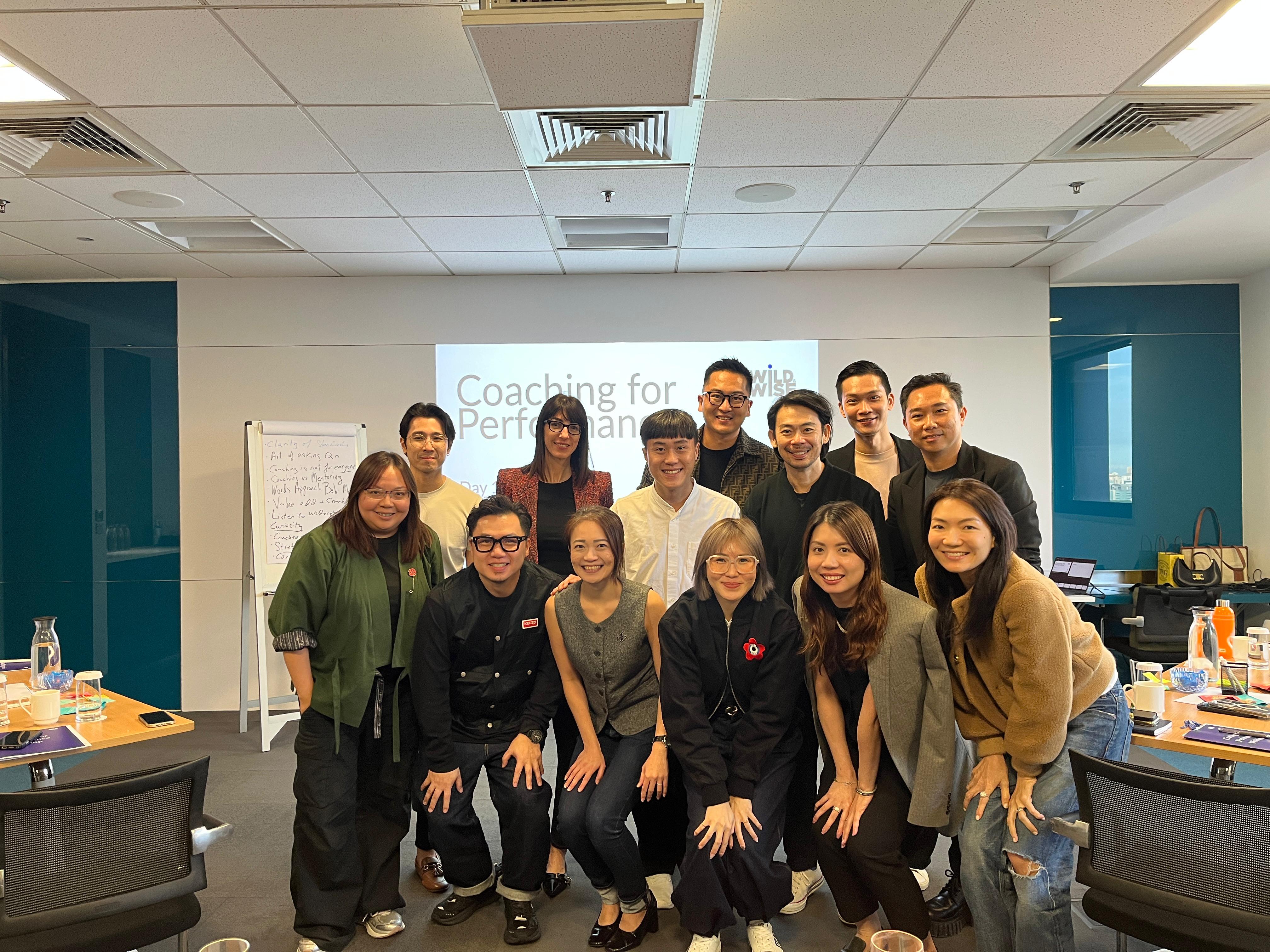
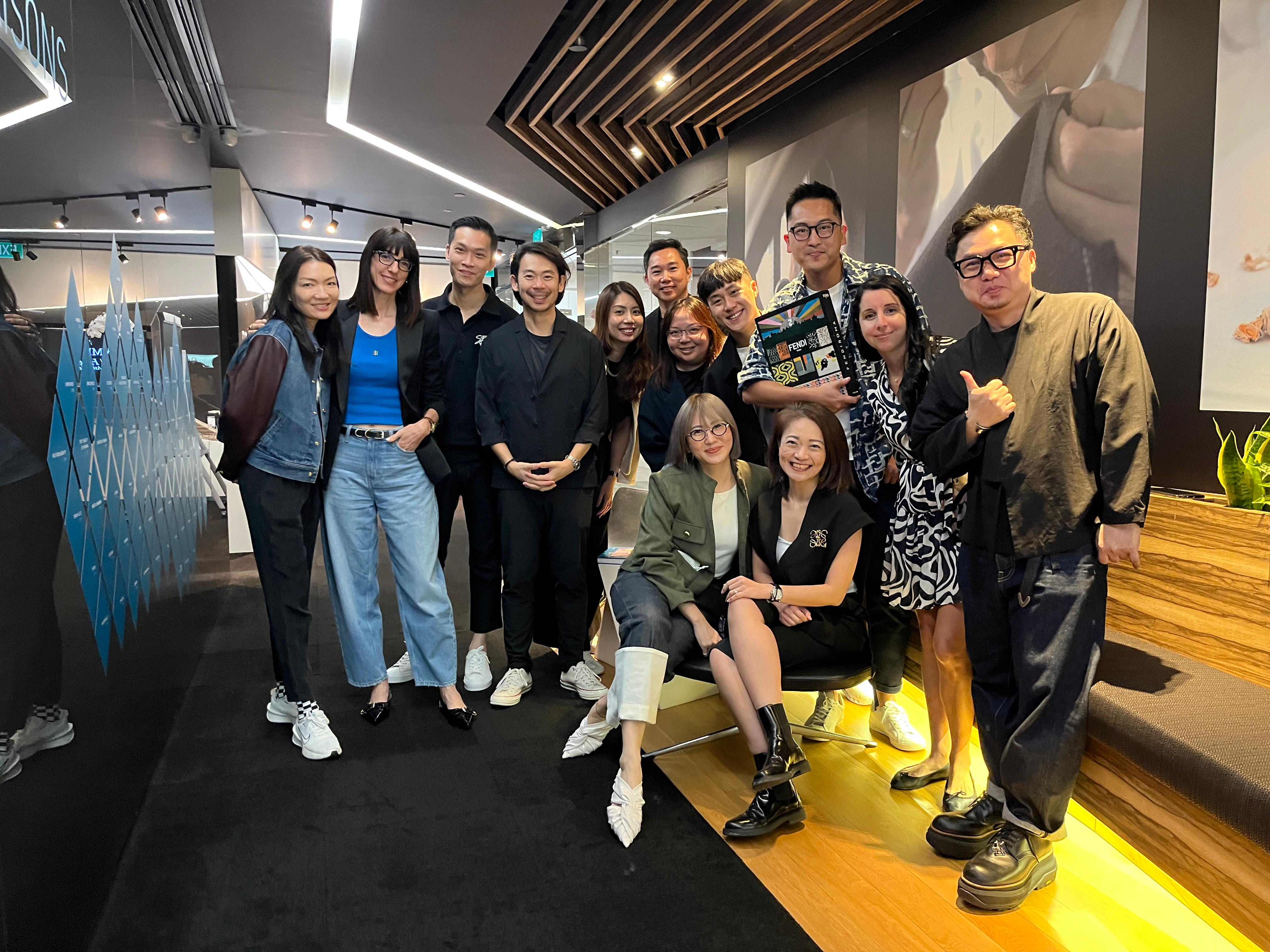
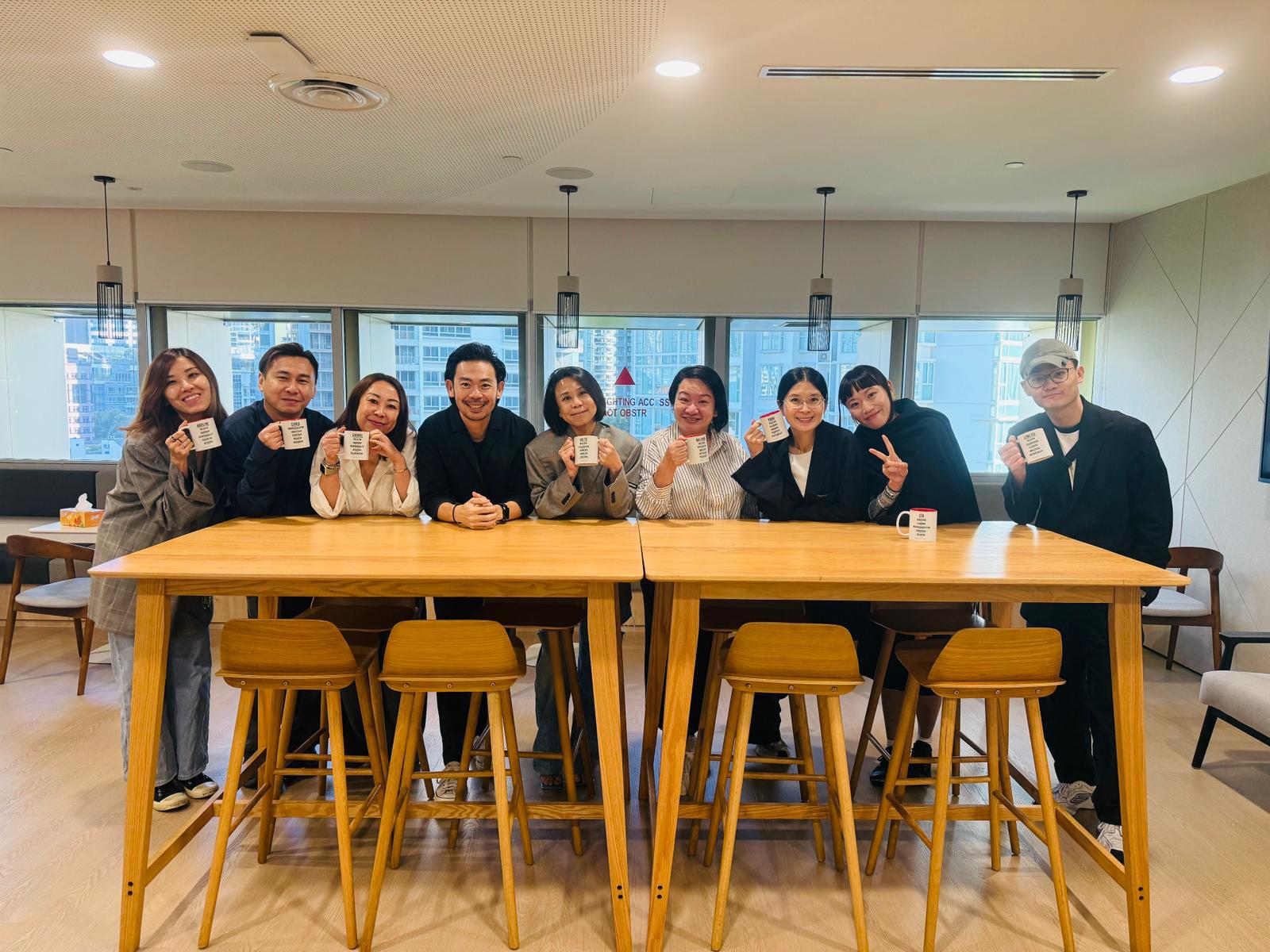

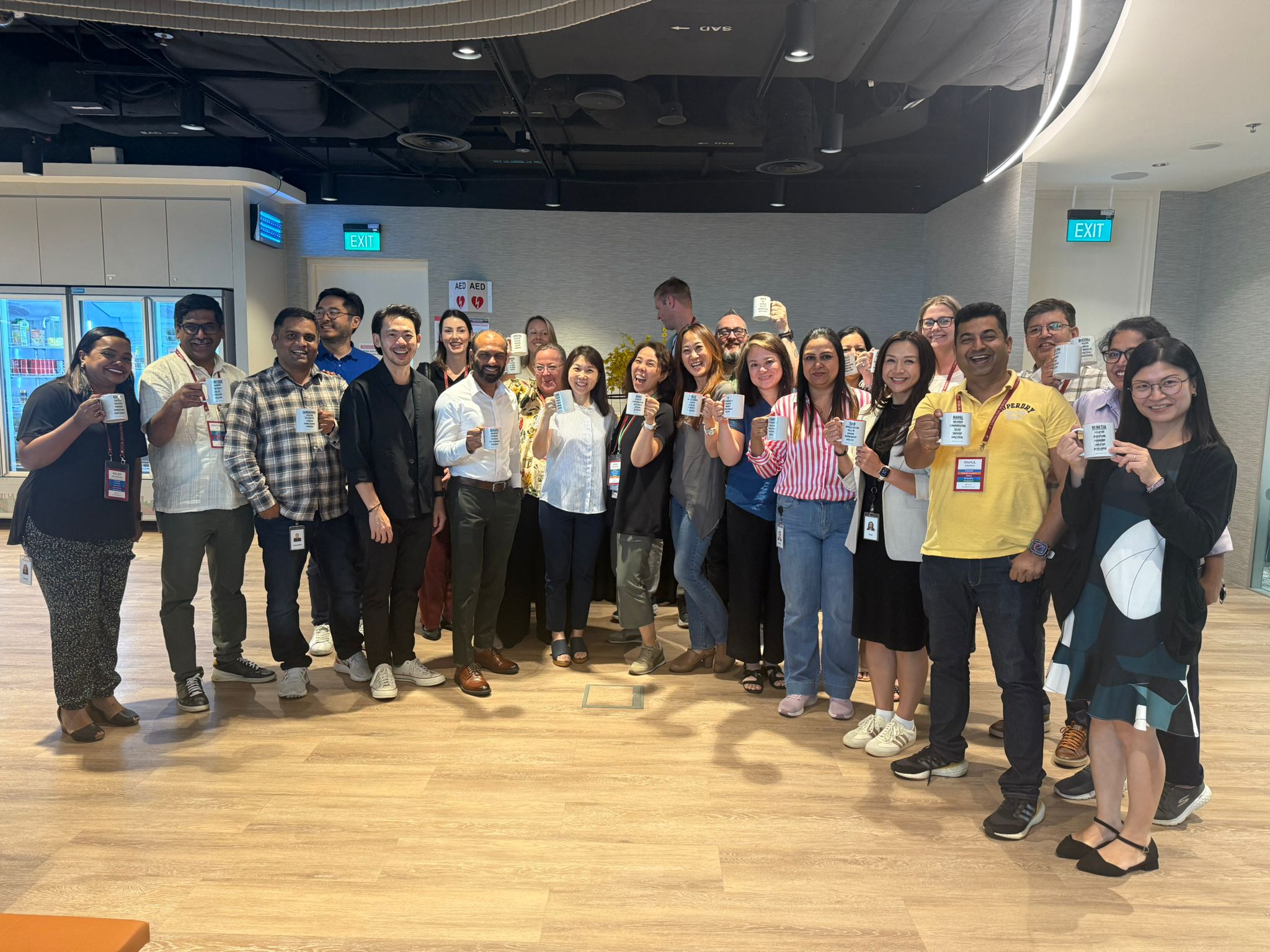

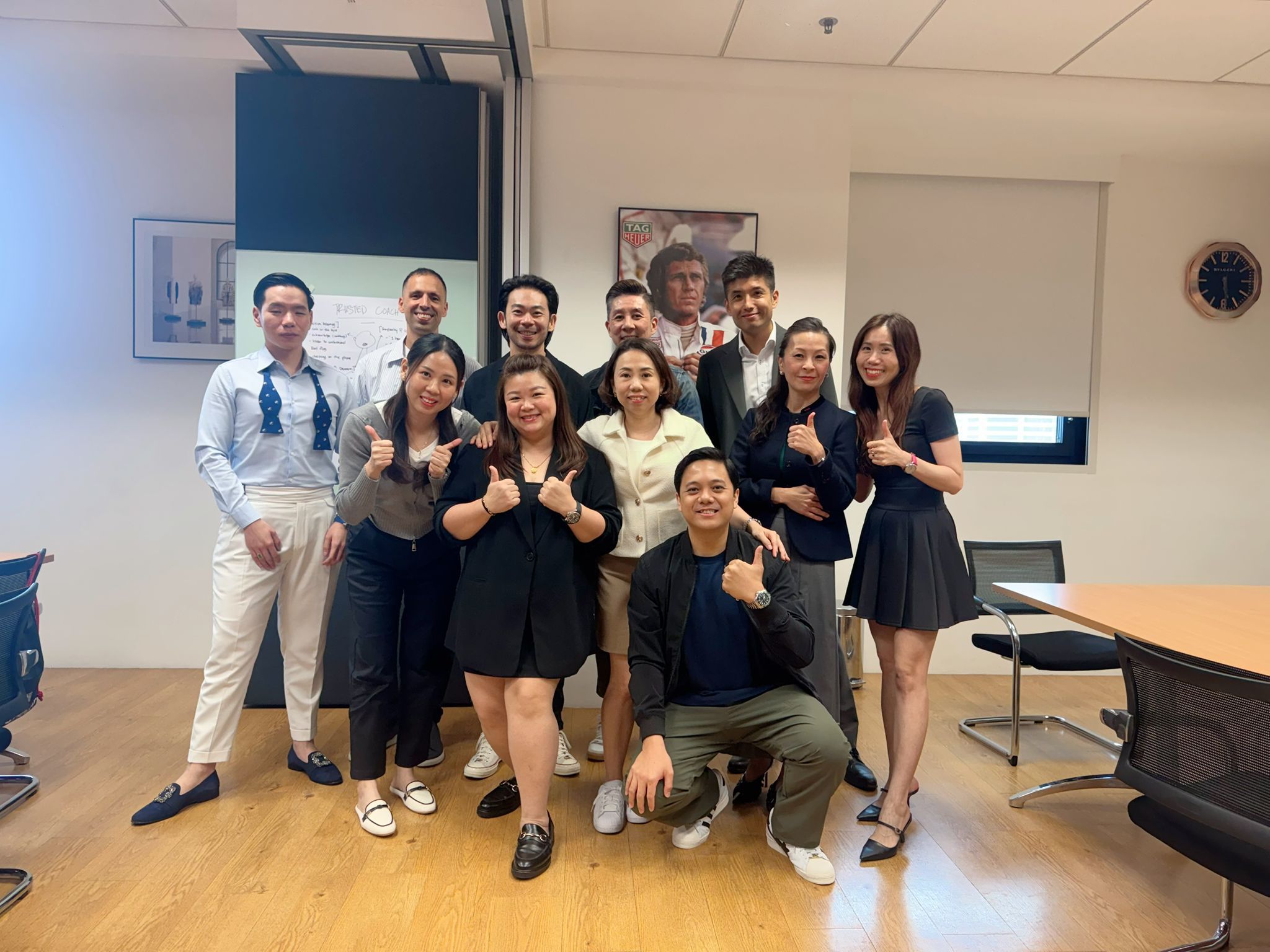












.webp)
.webp)
.webp)

.webp)
.webp)

.webp)
.webp)
.webp)

























.webp)
.webp)
.webp)

.webp)
.webp)

.webp)
.webp)
.webp)

























.webp)
.webp)
.webp)

.webp)
.webp)

.webp)
.webp)
.webp)

























.webp)
.webp)
.webp)

.webp)
.webp)

.webp)
.webp)
.webp)
What Our Clients Say
We’ve helped clients across a variety of industries. Here’s what they have to say about working with Wild & Wise.






Ready to Lead With Clarity?
Whether you’re navigating a career transition, stepping into leadership, or aligning your team, strengths-based coaching helps you move forward with confidence and purpose.
Share a little about your goals, and we’ll explore how Wild & Wise can support you.

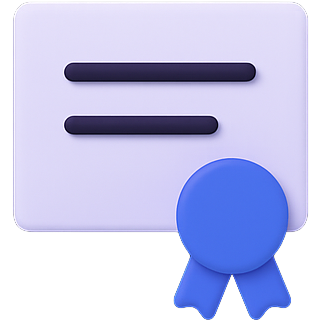
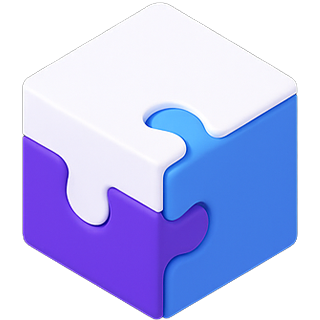









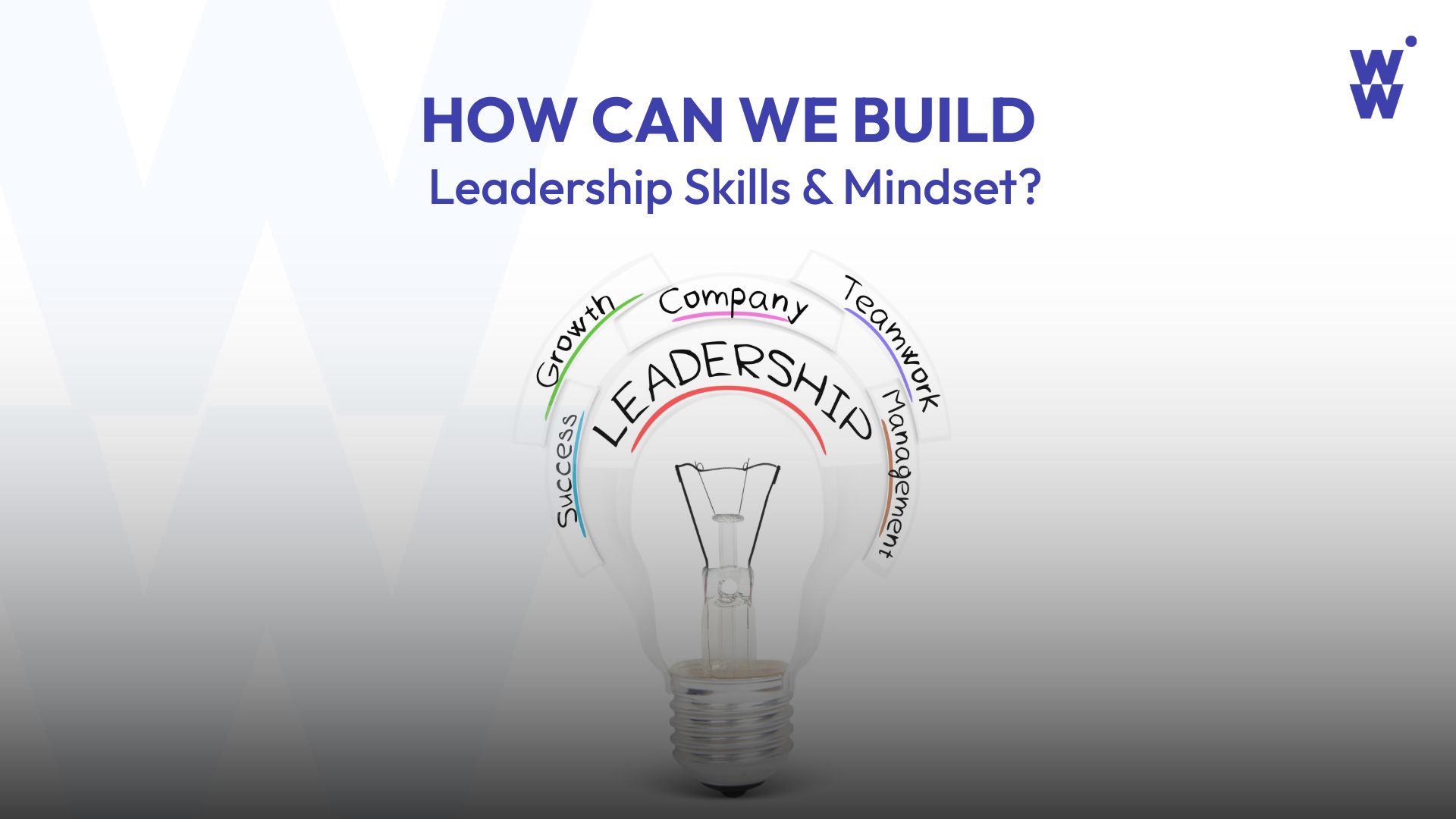
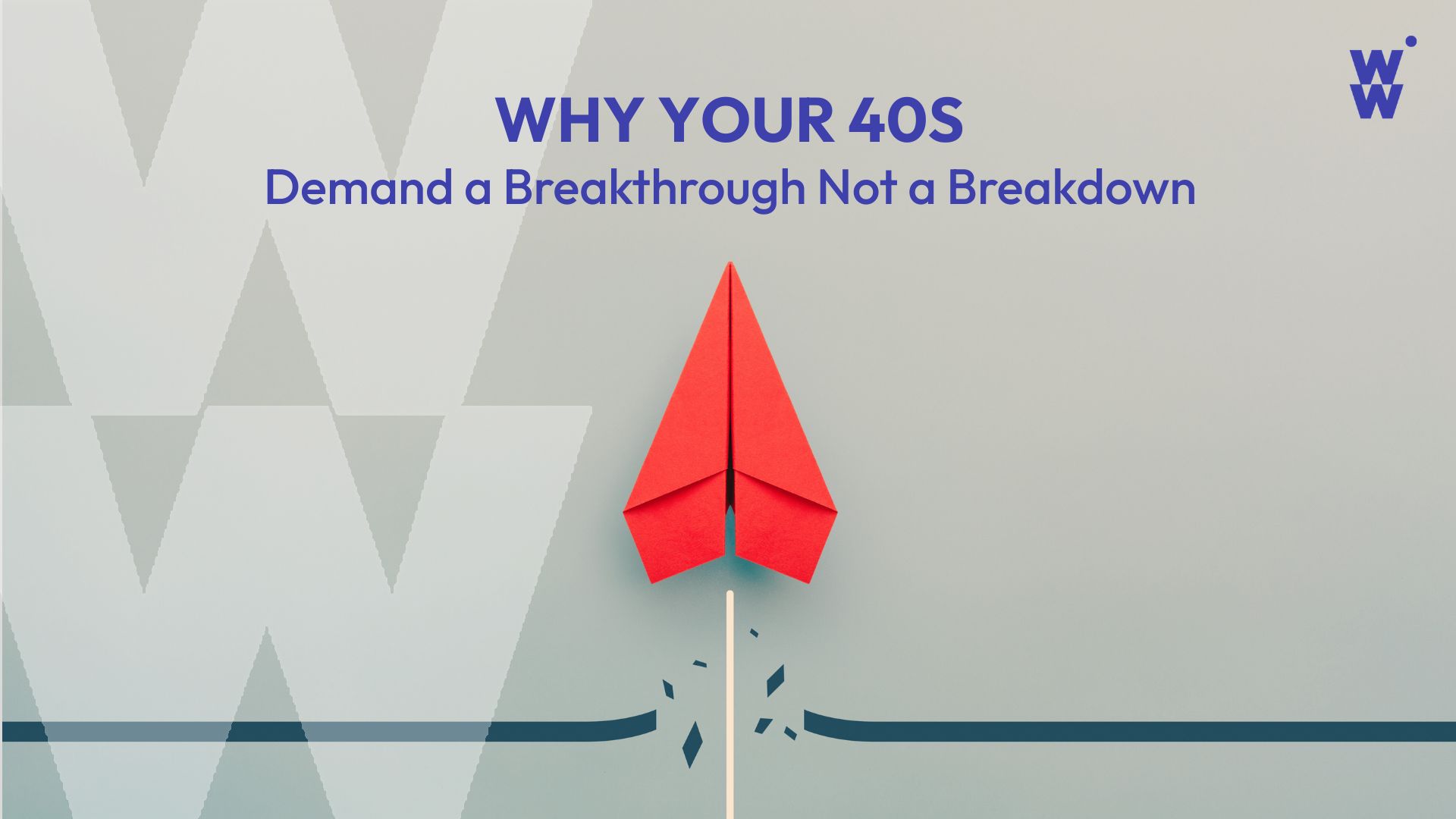
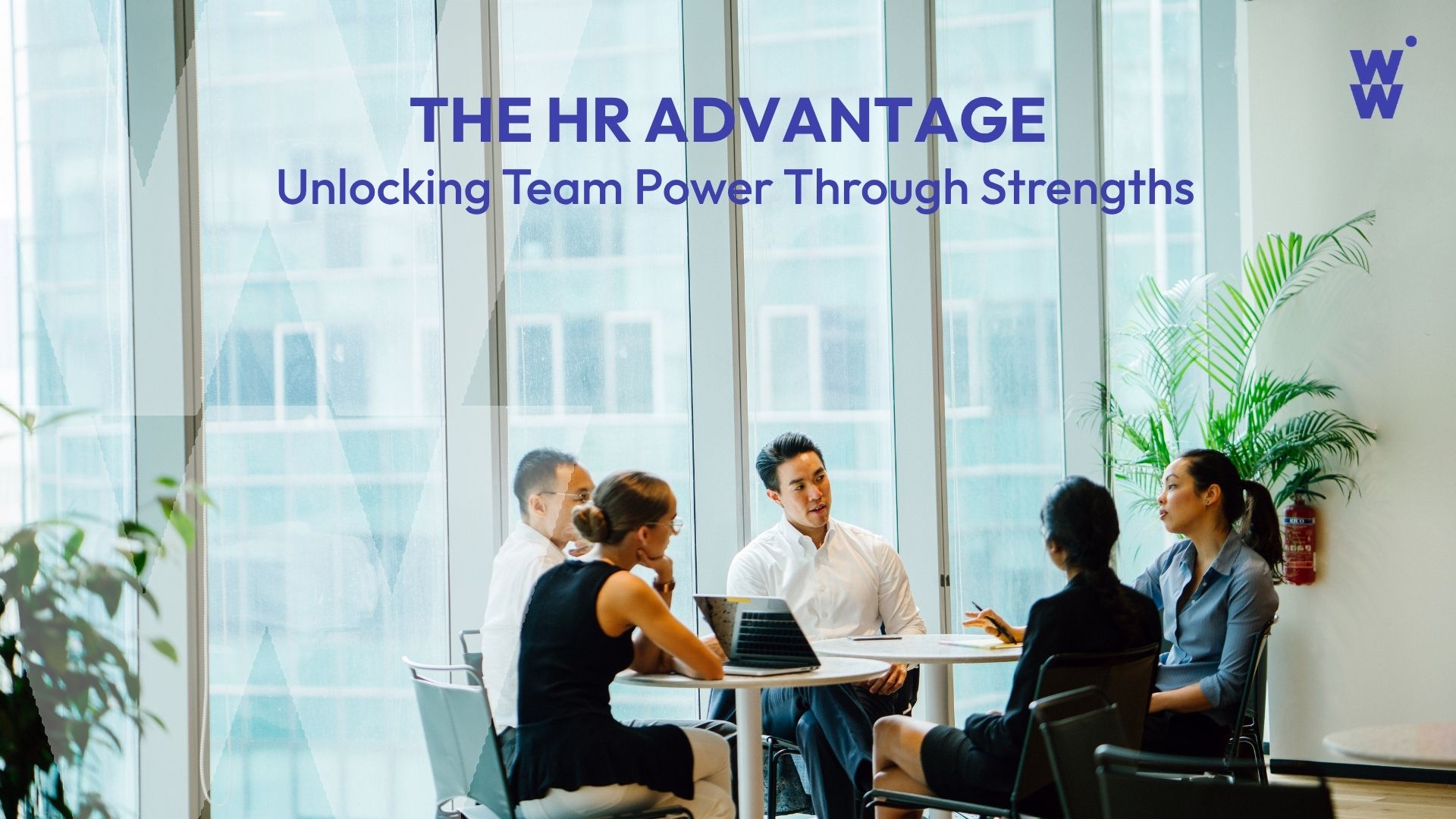
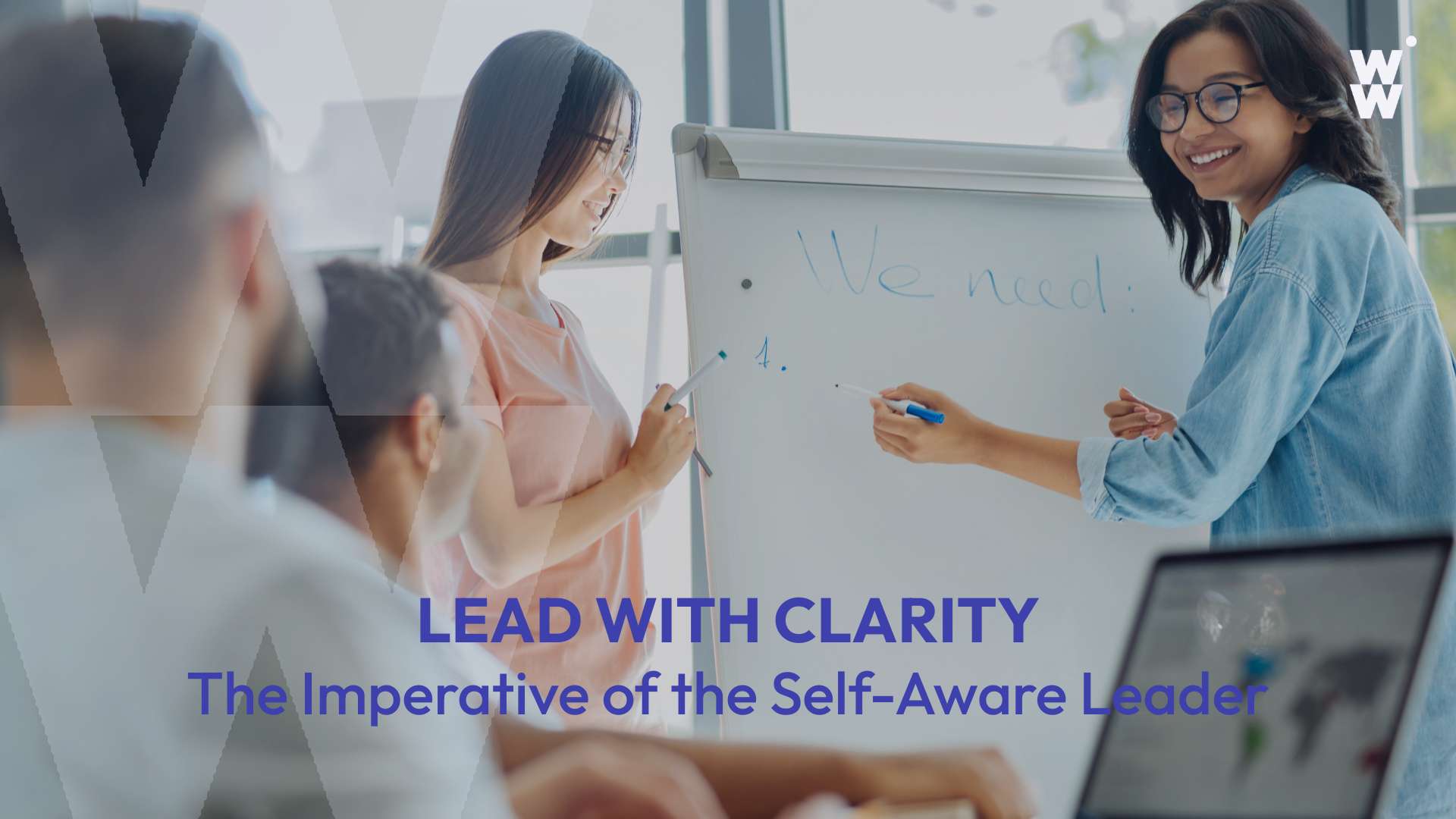

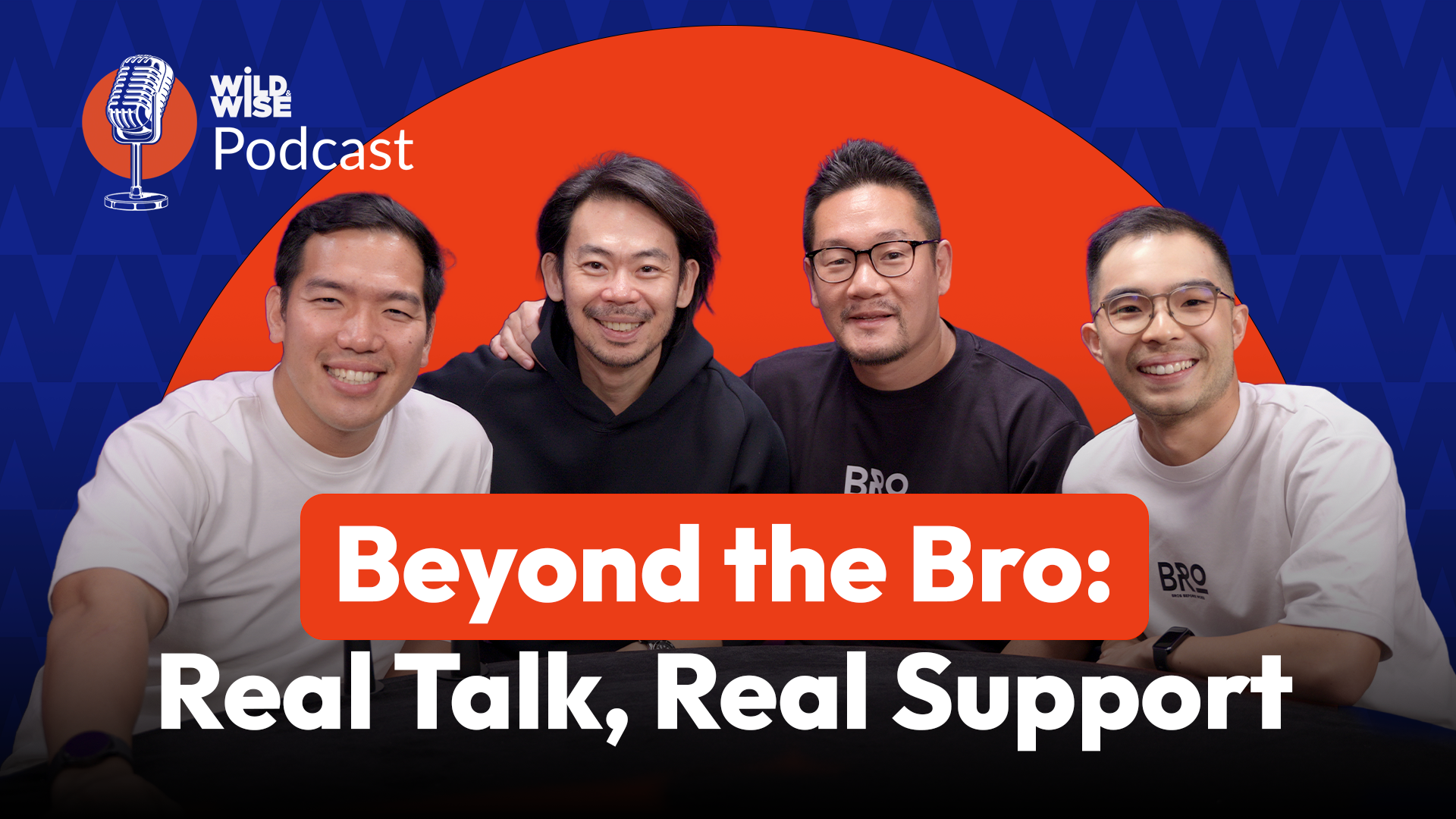
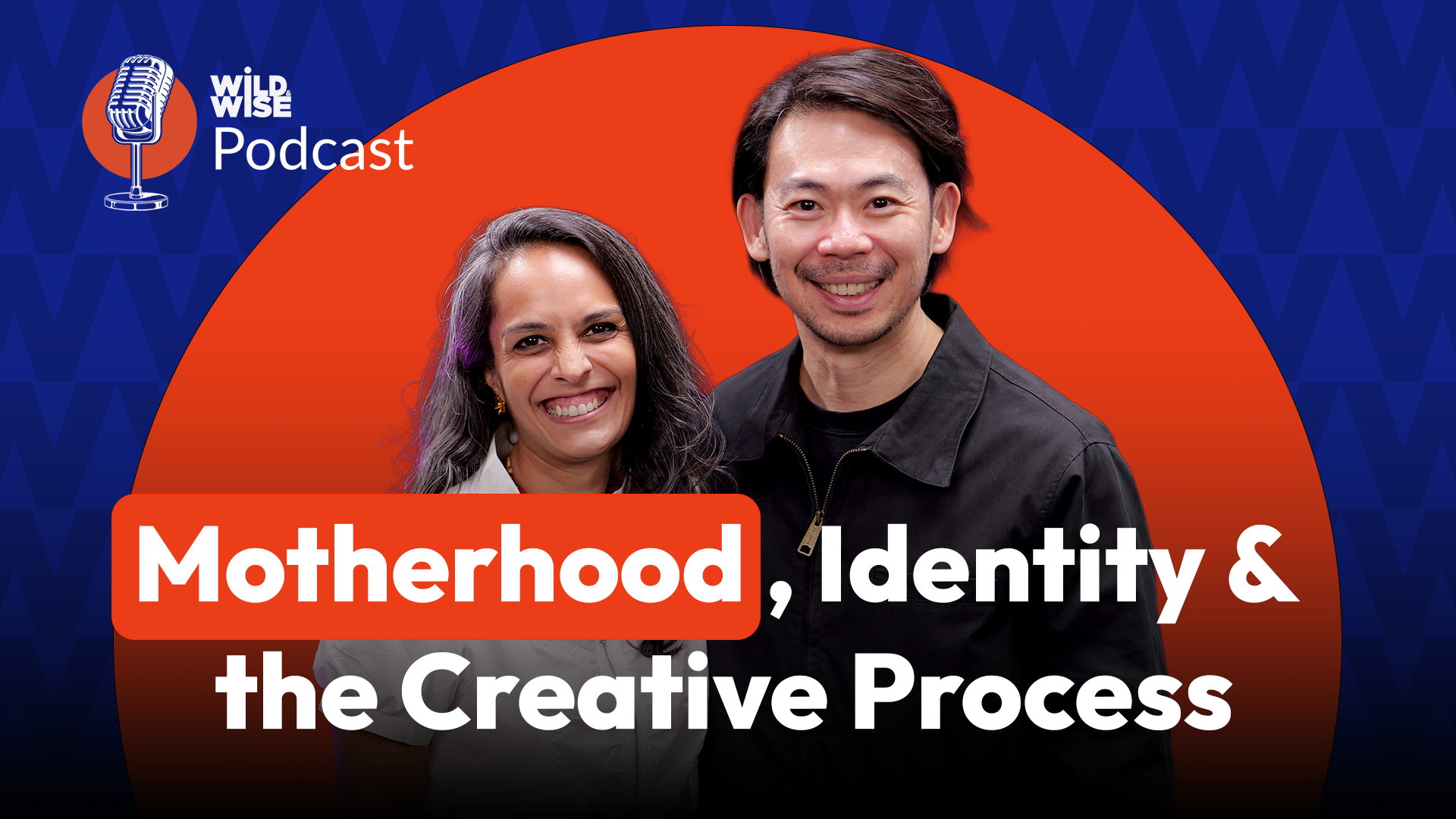

.webp)

.webp)